Buyer’s Guide: BMW E39 M5
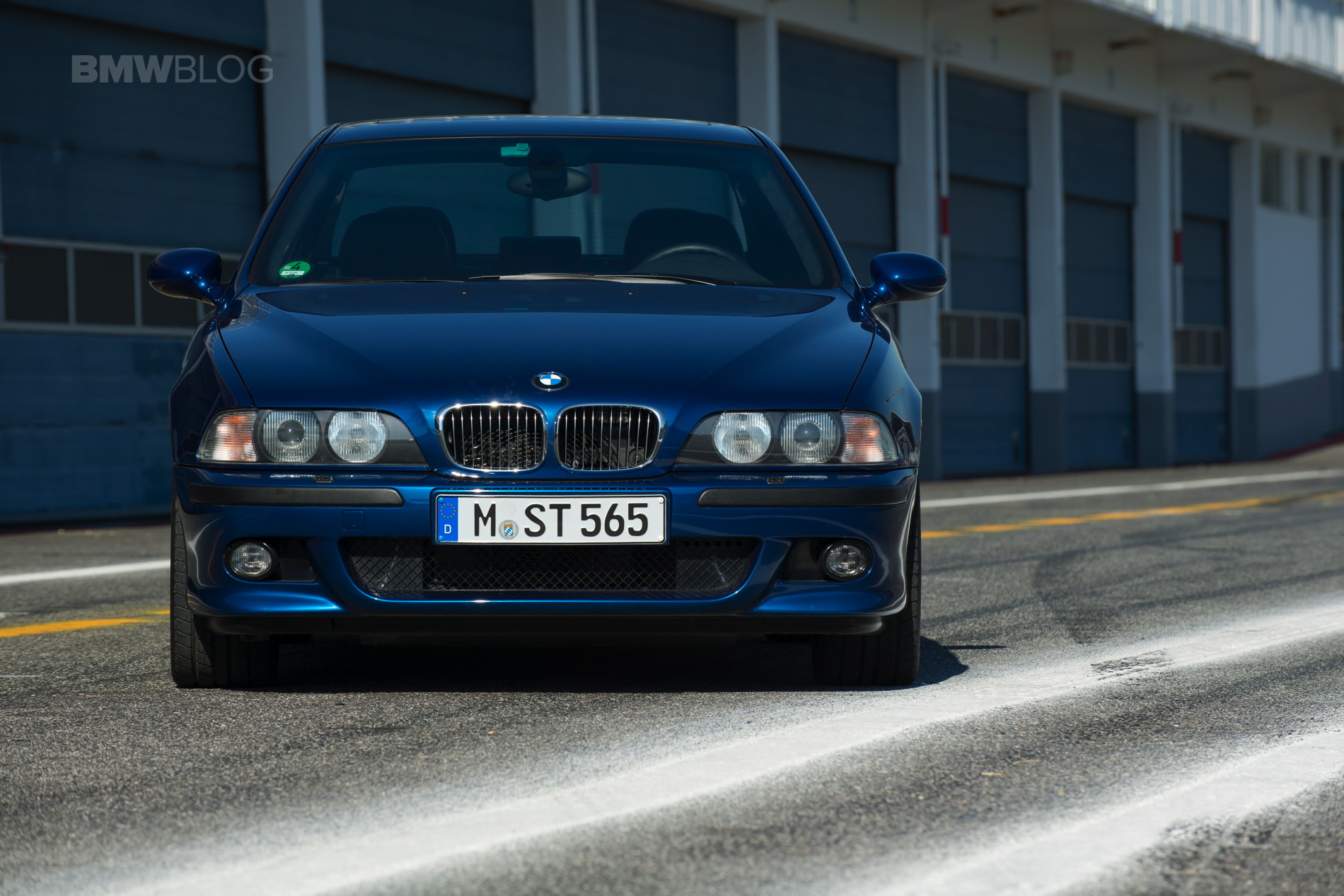

The BMW E39 M5 was produced from 1999 to 2003 and is perhaps BMW’s most critically acclaimed sedan in its history. The E39 M5 is a spacious and comfortable sedan that produces tremendous amounts of power and handles like a car that weighs significantly less. The car is appreciating, although how long that will continue is unknown. There were 12,000 originally sold in the United States, so between accidents and modifications, finding a pristine example may not be easy.
Beyond what you can see in pictures, here’s what to look for when shopping for an E39 M5.
Engine
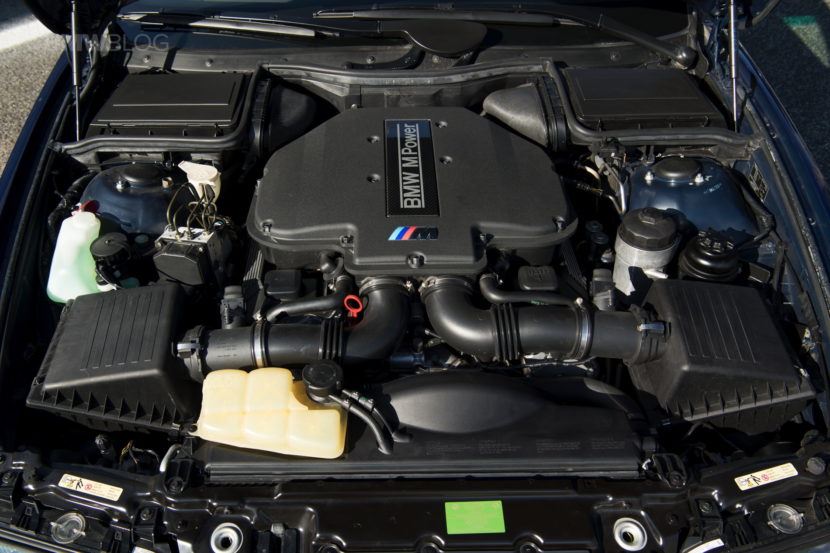
The M5 has a 4.9 liter V8 that produces 395 horsepower and 365 ft-lb of torque. Contrary to the E60 M5, torque is available earlier, which makes this car a more enjoyable daily driver but less exciting at the limit. Officially the E39 M5 does 0-60 MPH in 4.8 seconds, although you’re more likely to get a real-world time of about 5.3 seconds.
While the E39 M5’s engine gets a lot of praise from the automotive community, it does have a few considerable problems.
BMW recommends specifically using Castrol 10W60 oil. For those of you who do currently buy your own oil, the M5 is indeed tuned to burn oil. This means keeping a container in the trunk for topping off the oil in between changes.
Apart from giving you a little extra work to do, burning extra oil leaves residue in the cylinder head injection channel. Eventually they need to be cleaned, which is an expensive fix as the oil hardens inside the cylinder head.
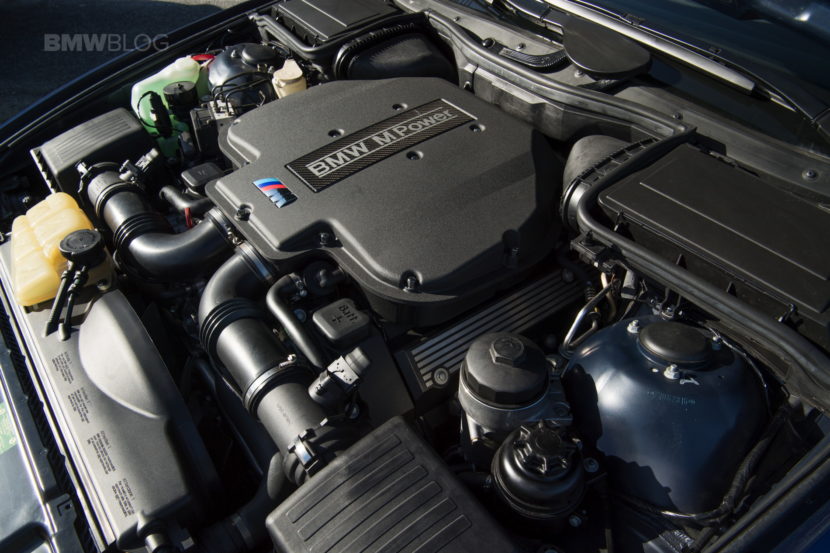
The next bit is the VANOS system, which is essentially BMW’s variable timing system. VANOS has a hydraulic system with oil used as a lubricant, which can leak when the seals wear. There is a VANOS unit for each cylinder bank. Upon leaking, the engine will become unbearably loud and lose power.
Driving the car with this problem occurring can result in destruction of the engine. Fixing this becomes a personal decision as most independent shops will not repair this, which often leaves owners to the mercy of the dealership. The price to repair is significant compared to the value of the vehicle.
Timing chains are fine, but the tensioner itself is weak. If the tensioner breaks, the engine is destroyed. If there are signs of the timing chain tensioner wearing, replace it. Replacing the tensioner is not nearly as expensive as maintaining the VANOS system. This is a great example of preventative maintenance saving thousands over time.
If you get a Check Engine Light (CEL), don’t panic. The most common cause of a CEL is a broken thermostat, although MAF air flow sensors can also break. Both are cheap fixes. If the air flow sensor goes, the car will enter limp mode. A quick restart of the vehicle usually overrides this temporarily, which may be enough to get you to the parts shop without much hindrance.
Transmission
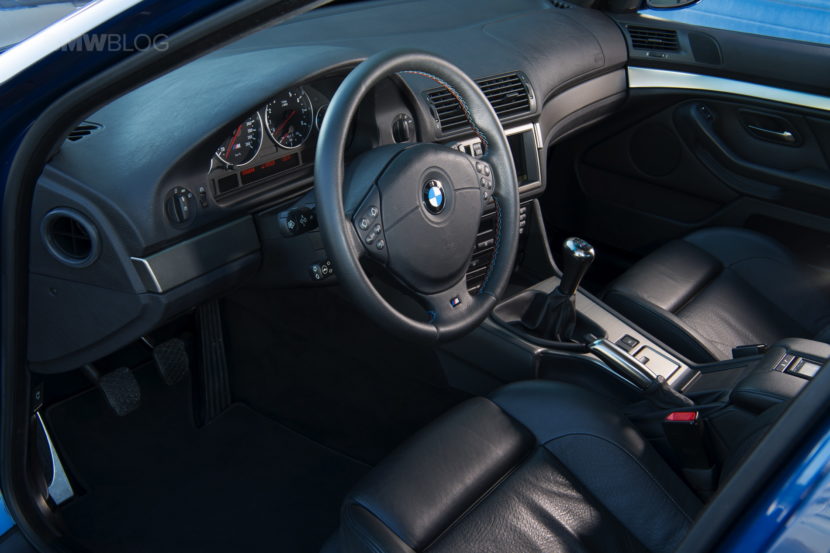
The E39 M5 only came with a manual transmission, as BMW’s M division was more focused on creating the Ultimate Driving Machine back then compared to the cars they build today, which are greater engineering achievements and the pinnacle of performance but not necessarily as engaging. The 6-speed was made by Getrag and was solid. The clutch itself is weak, so plan on replacing it based on feel and engagement point more so than how many miles it’s been used for.
Suspension
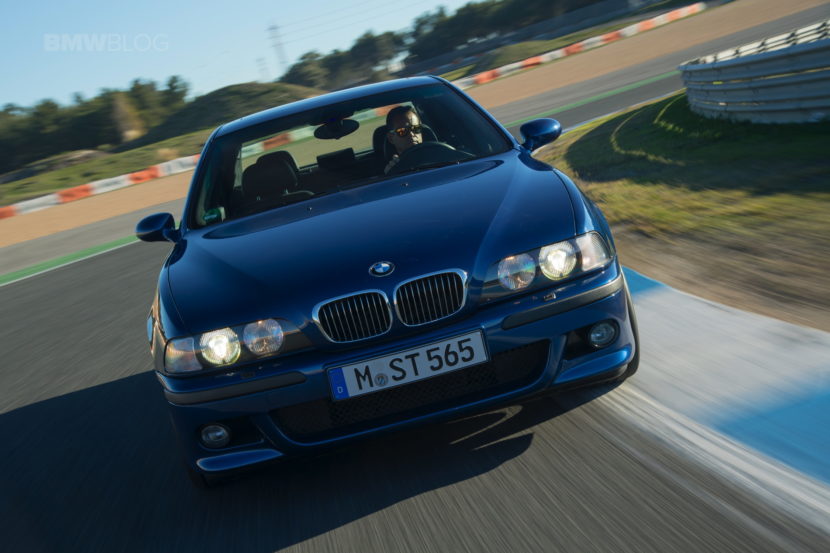
This was the first BMW M car with DSC, BMW’s stability control system. There are no known problems with the M5’s suspension or braking system.
Price
If you’re willing to bite the bullet and buy an example with over 150,000 miles, you can pick these up for under $15,000, although I’d recommend trying to get one for $10,000 in that condition. Examples around 30,000 miles hover around $60,000. I would recommend a sweet spot for value between $25,000 to $30,000 to get one that isn’t overly expensive but isn’t excessively worn or on the brink of mechanical failure.
You might want to act soon though. Back in 2016, we put together an overall E39 5 Series Buyer’s Guide and told you that $30,000 was the high part of the range.
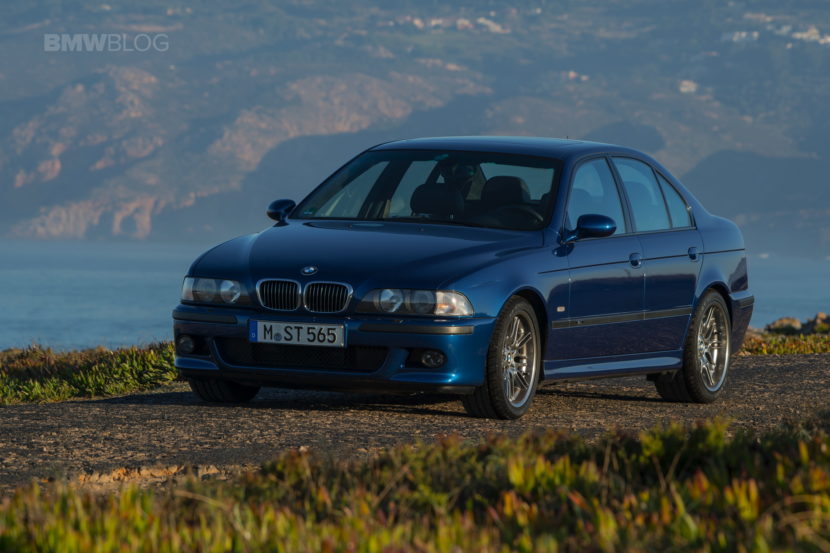
Lastly, performance cars come with performance car maintenance costs. If you get an M5 for the price of a Honda Civic, realize that the car won’t cost the same as a Civic to maintain. Make sure the car has a good maintenance history or be prepared to take on major repairs.
Finally, be prepared for your neighbors to think you look unusually content getting into what you’ll realize may just be the best daily driver ever built.
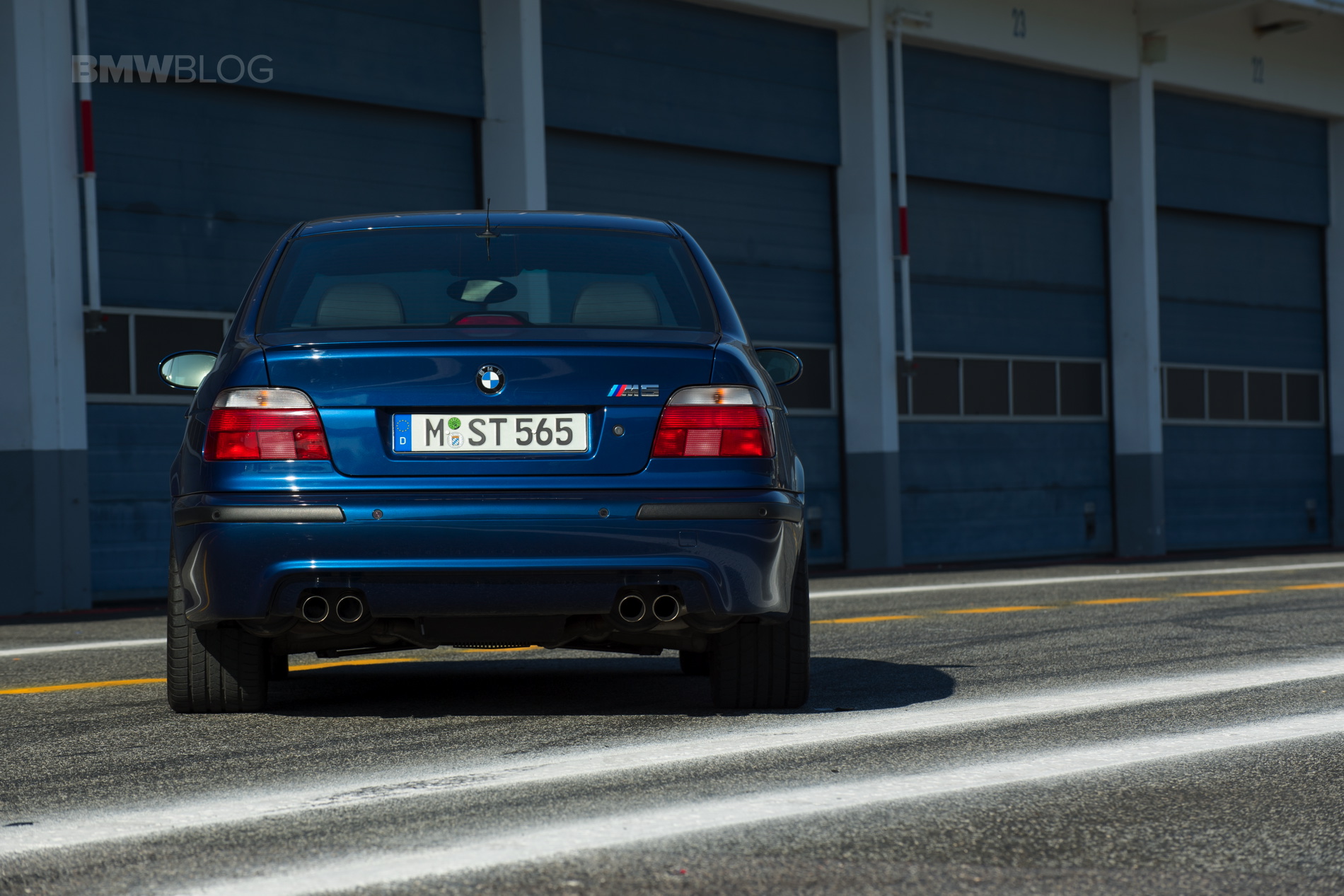

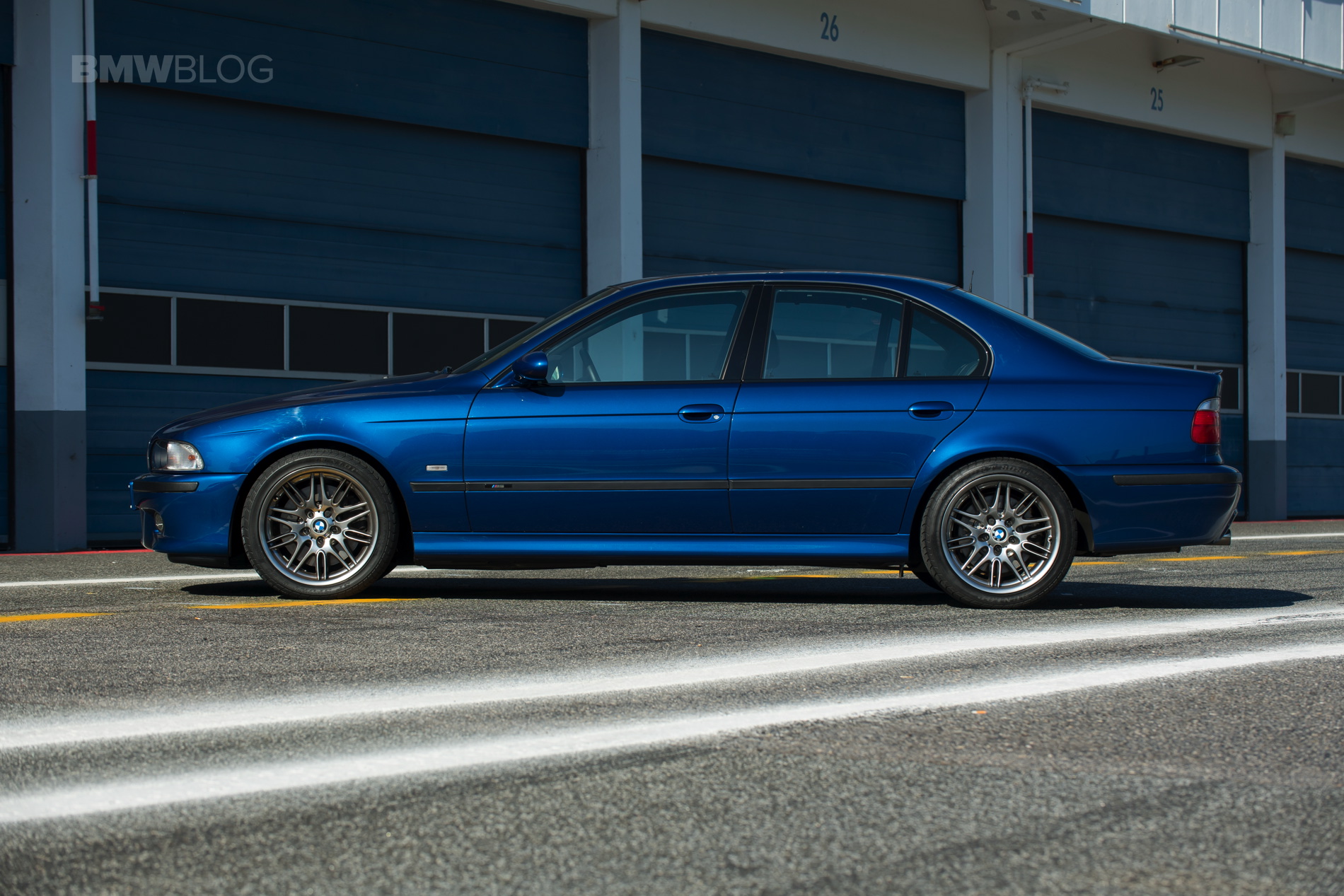
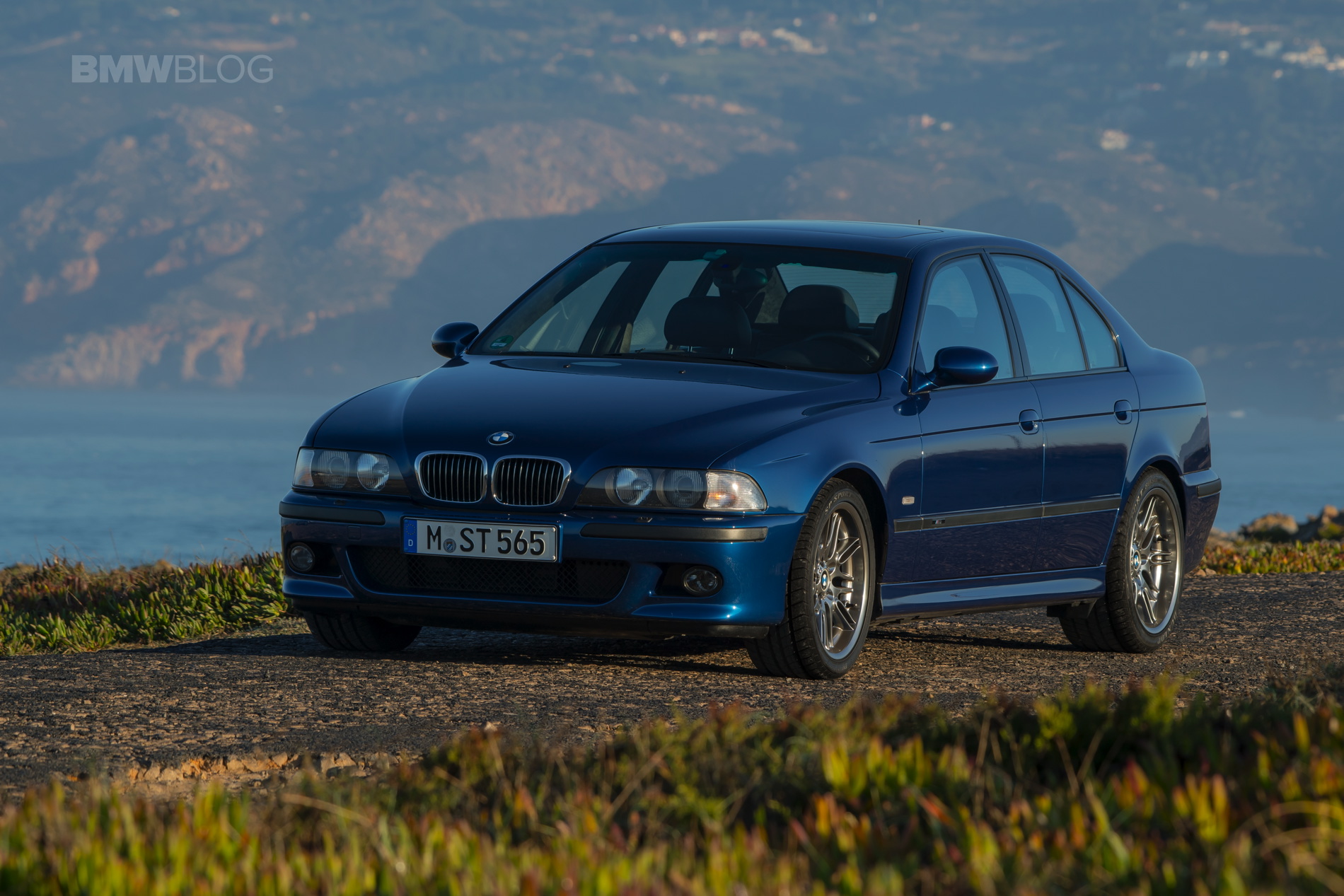
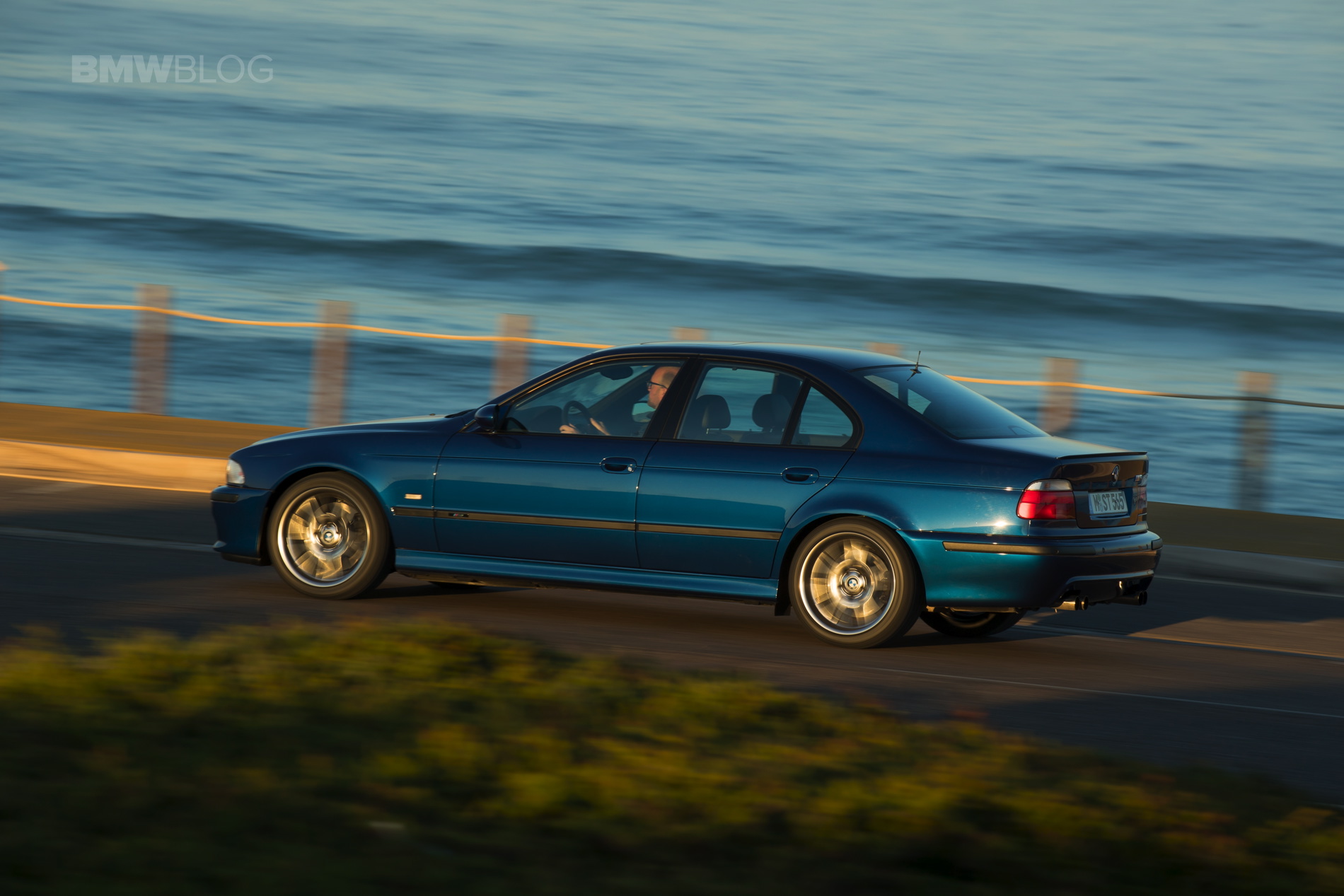
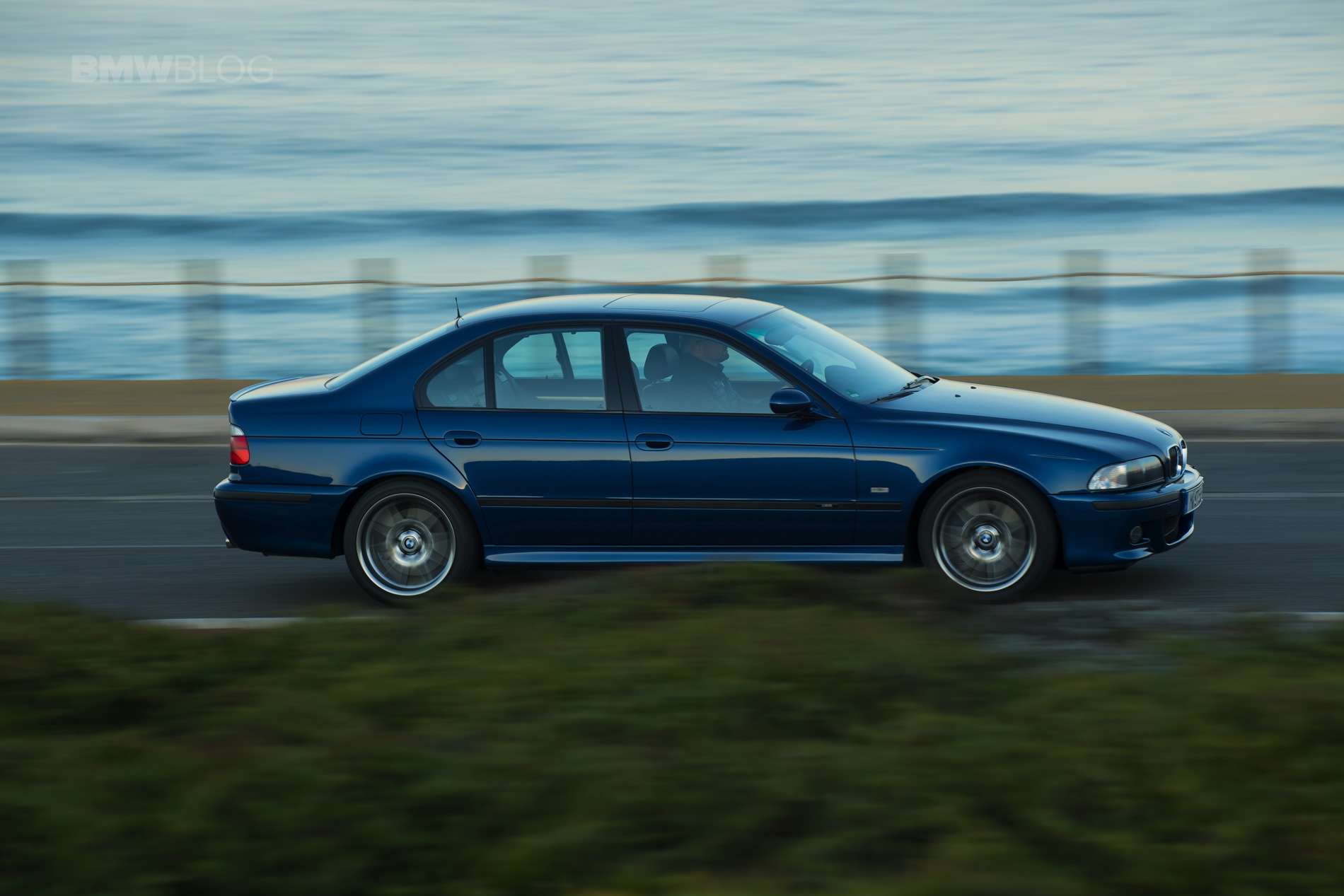
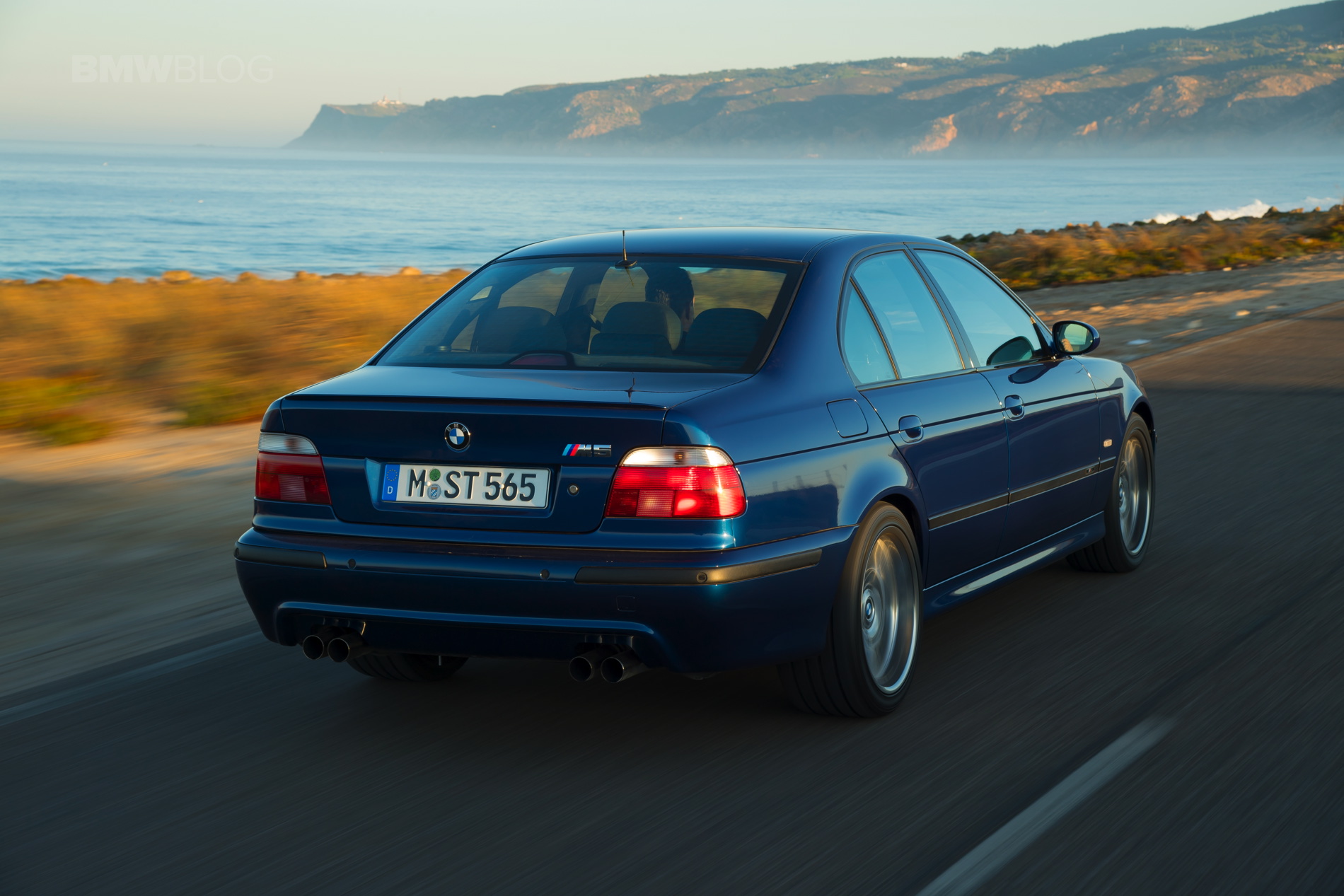
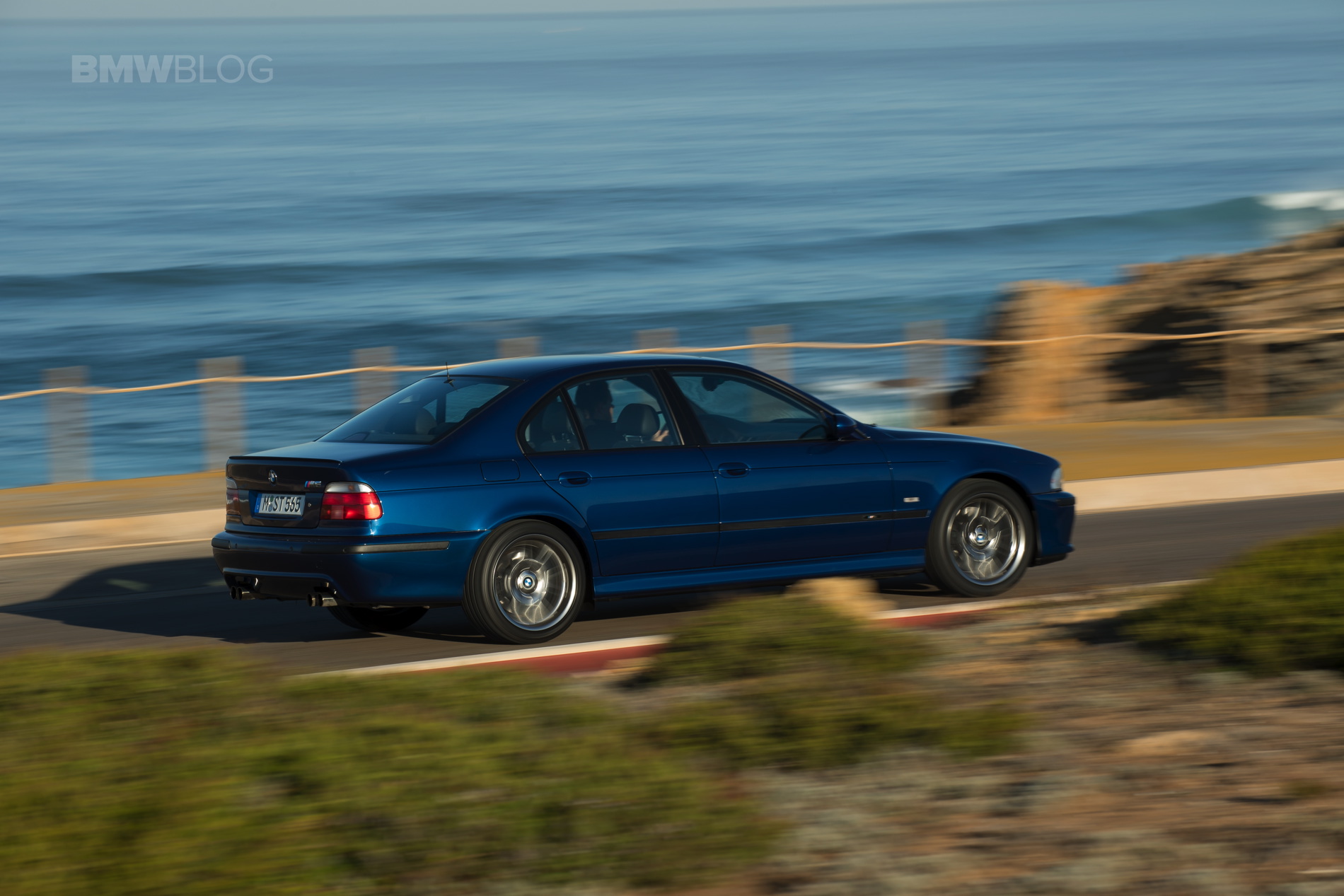
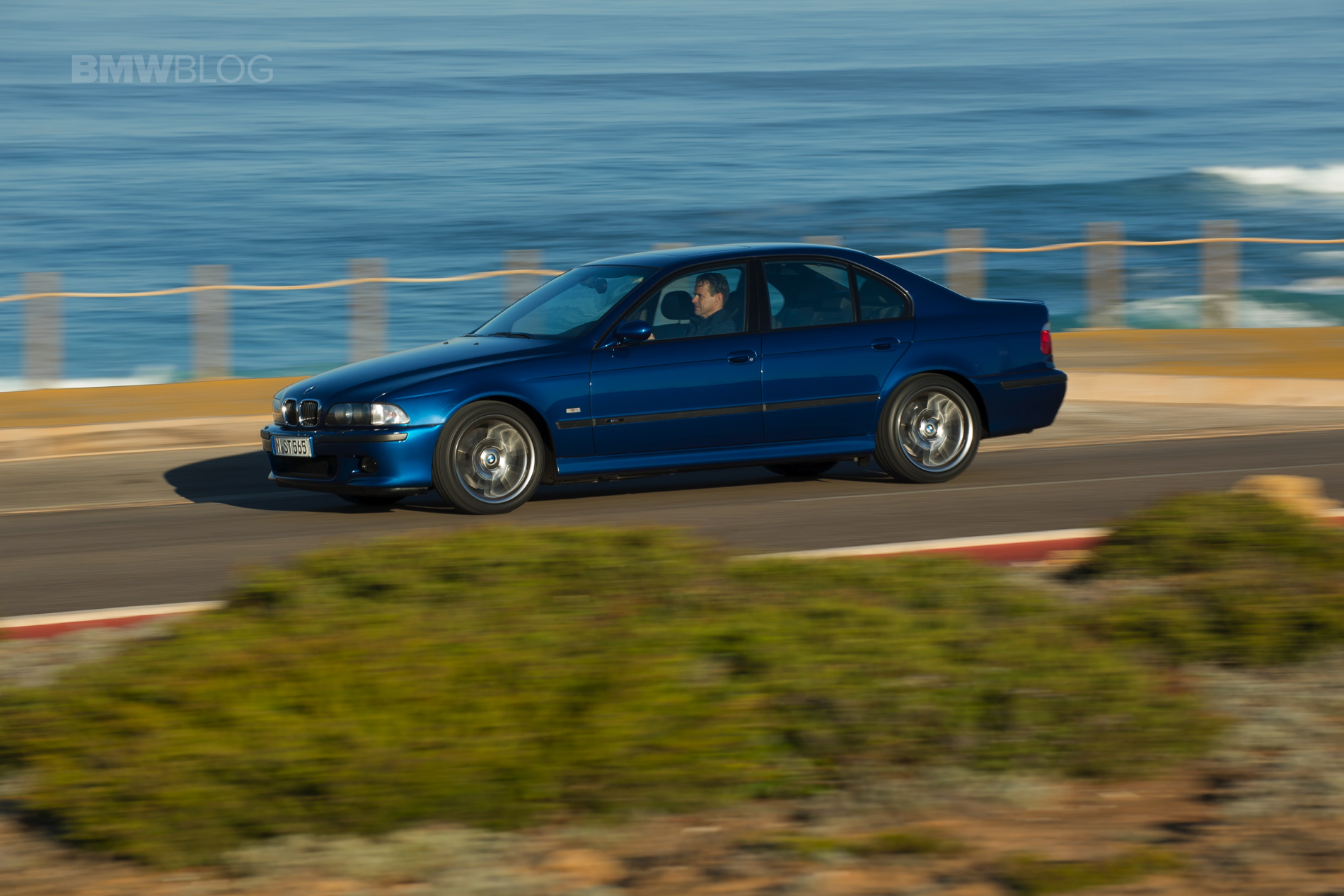
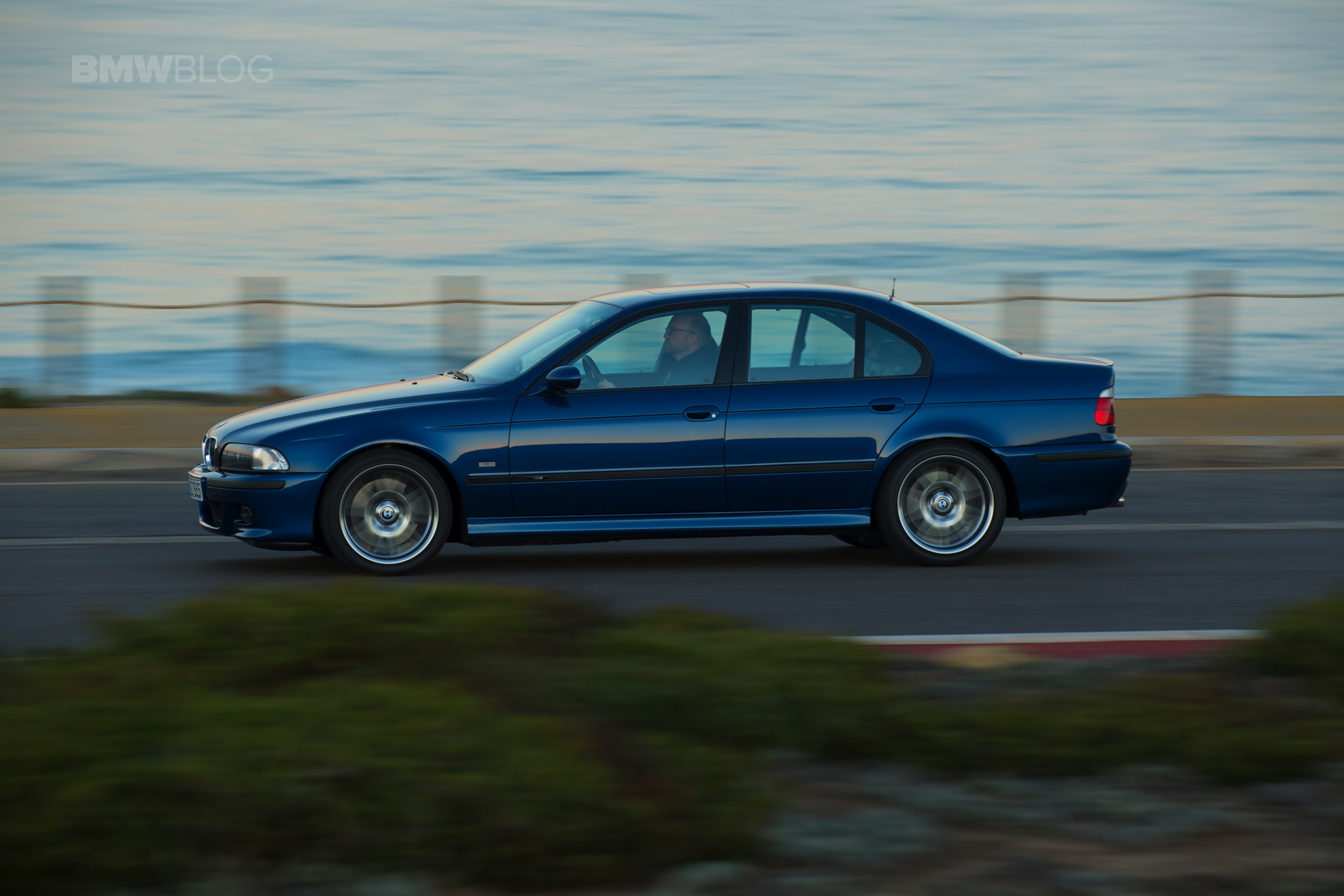
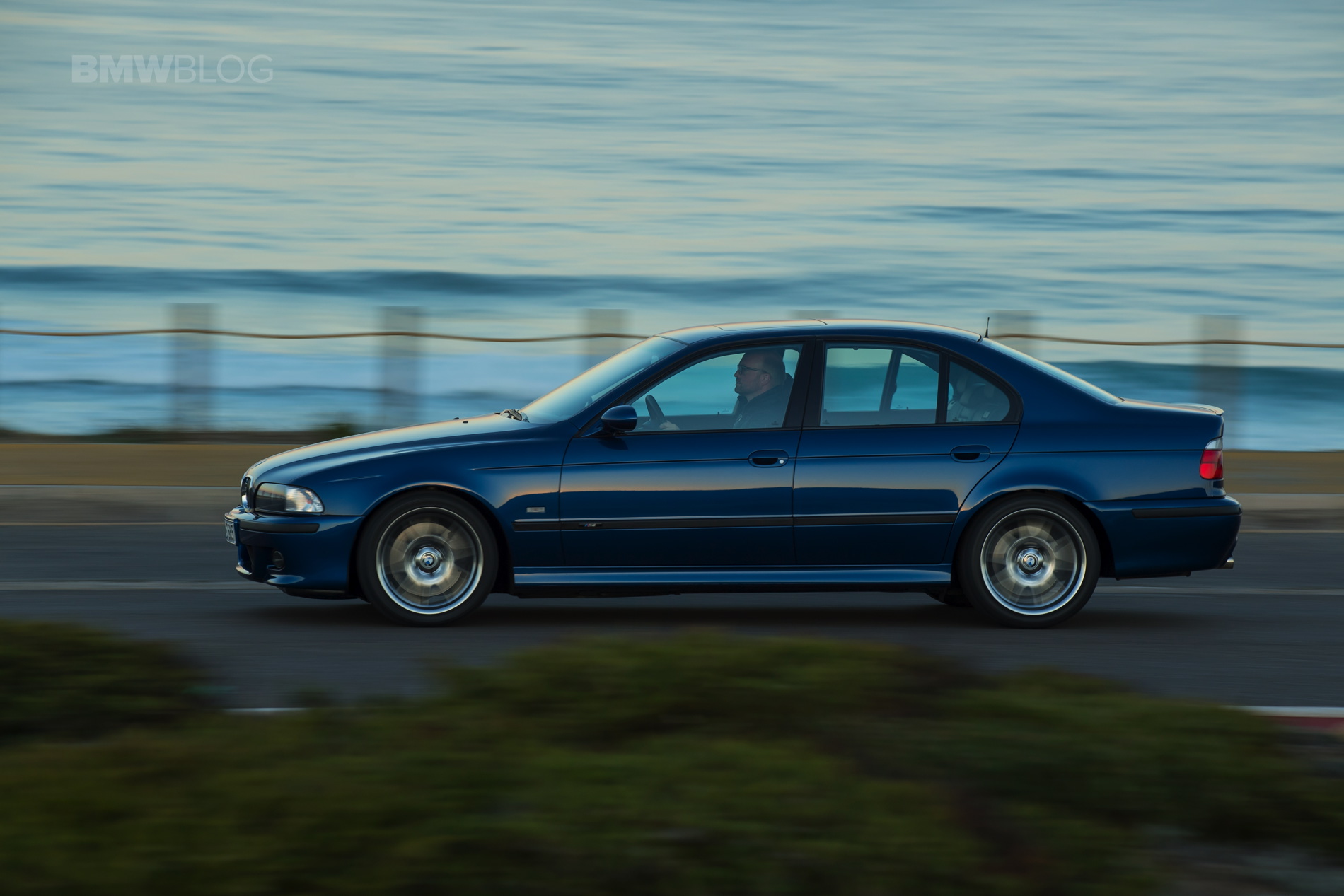
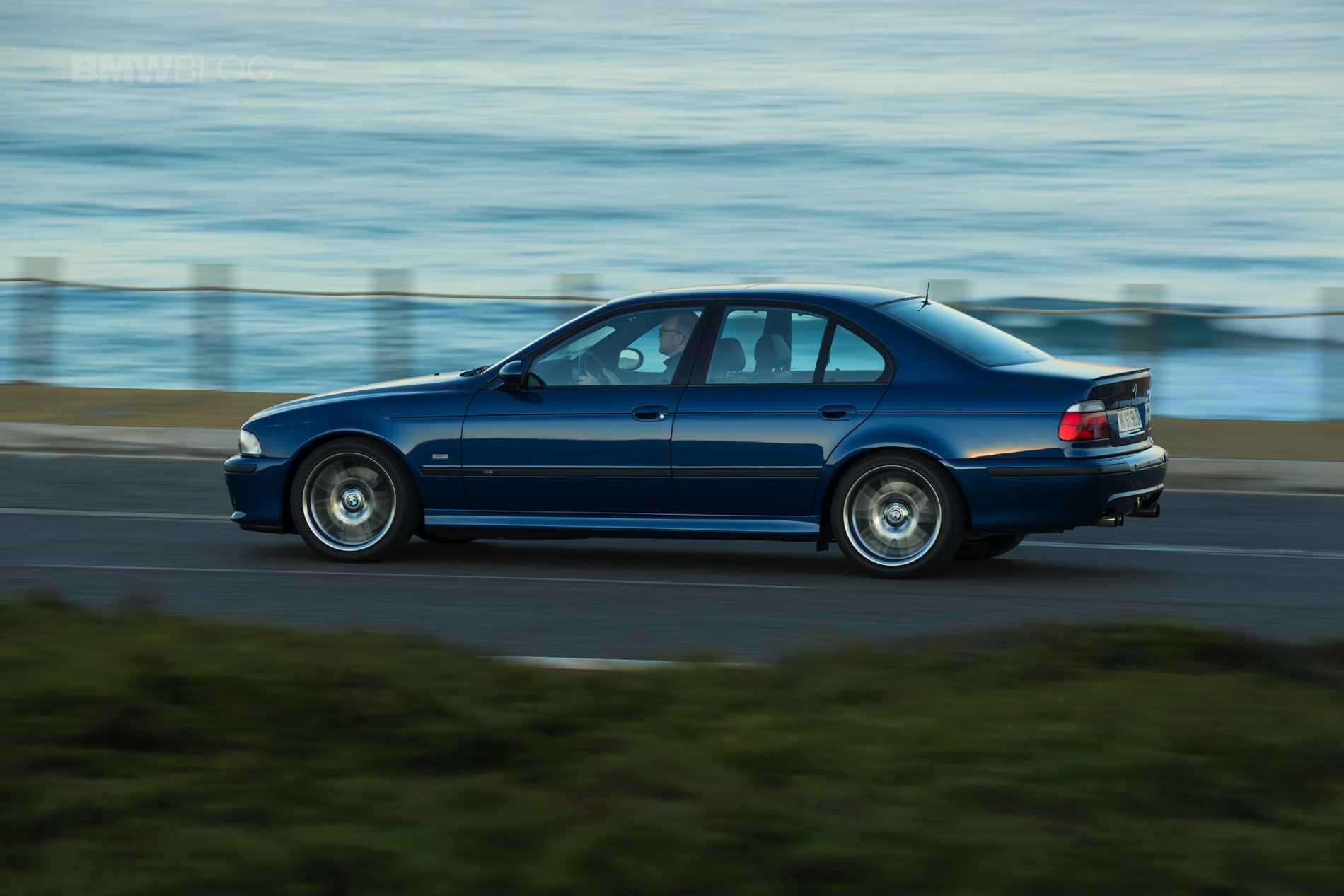
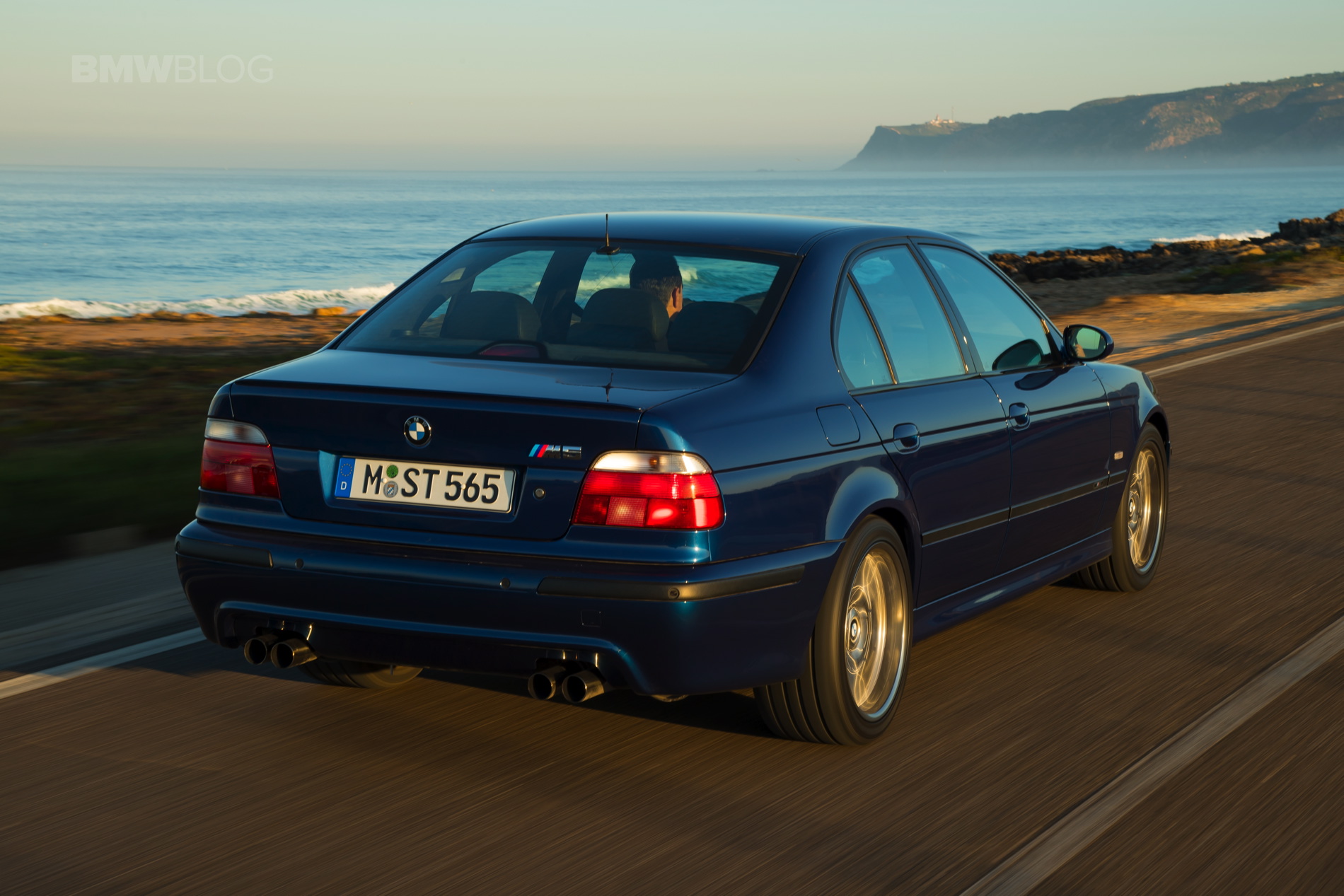
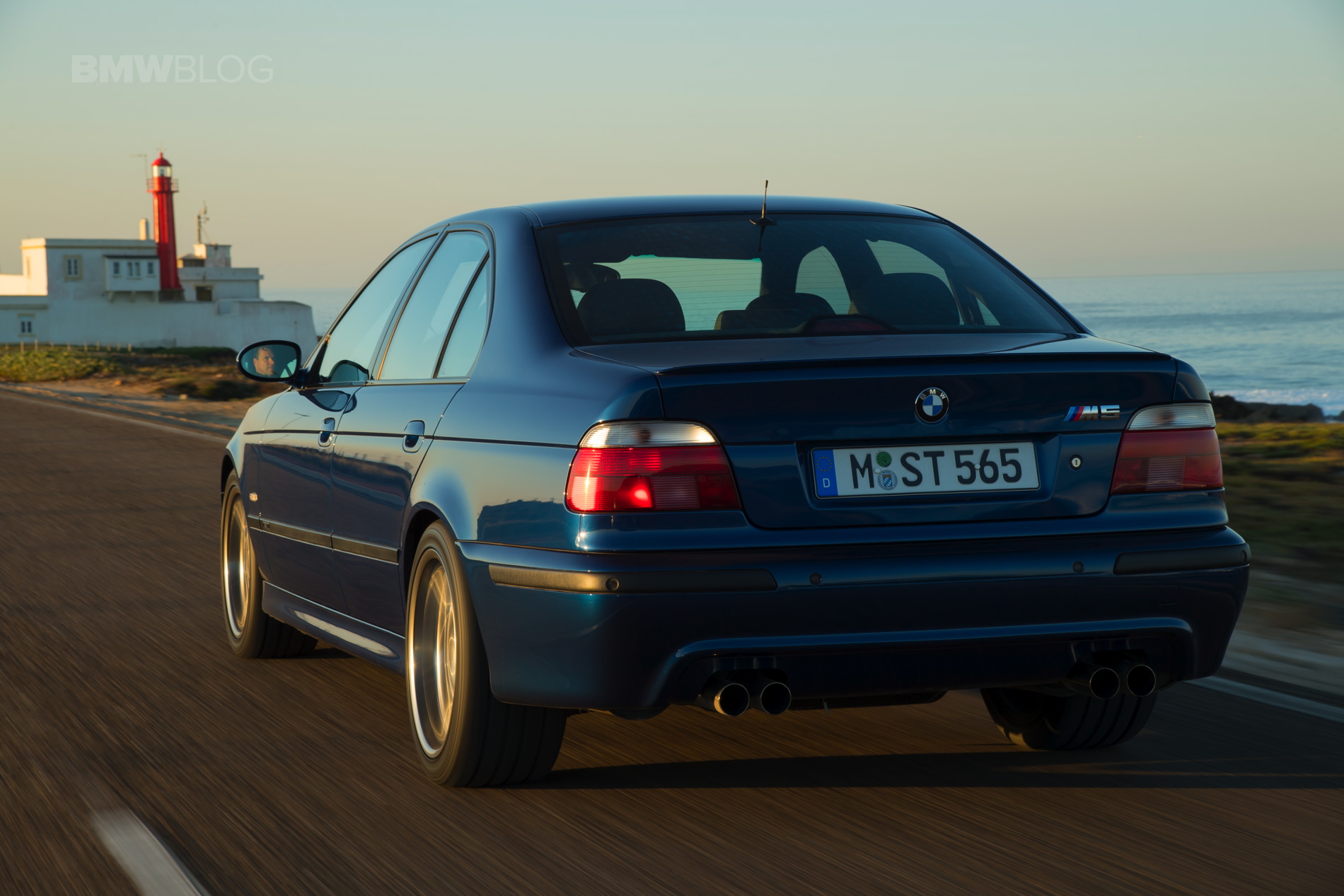
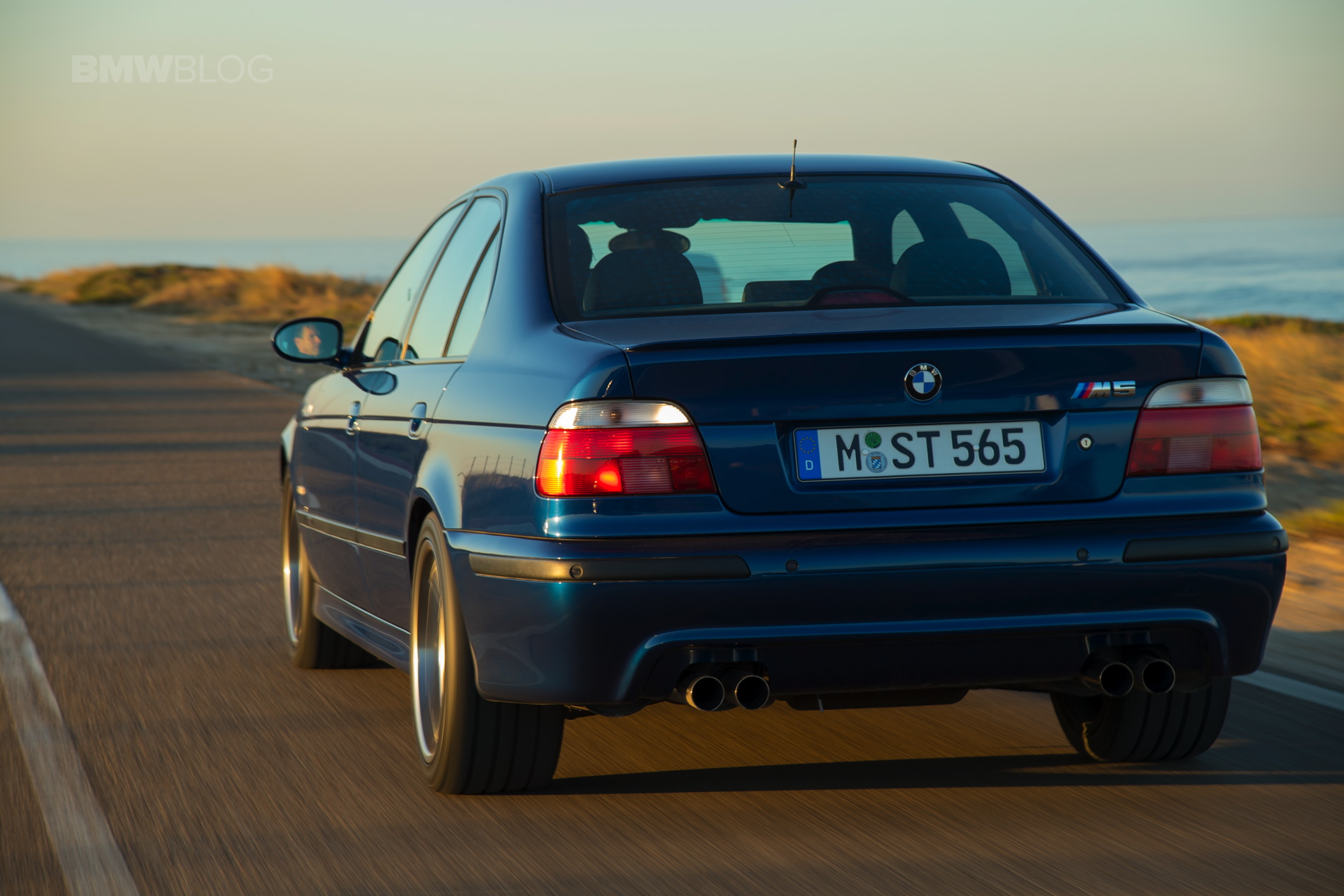
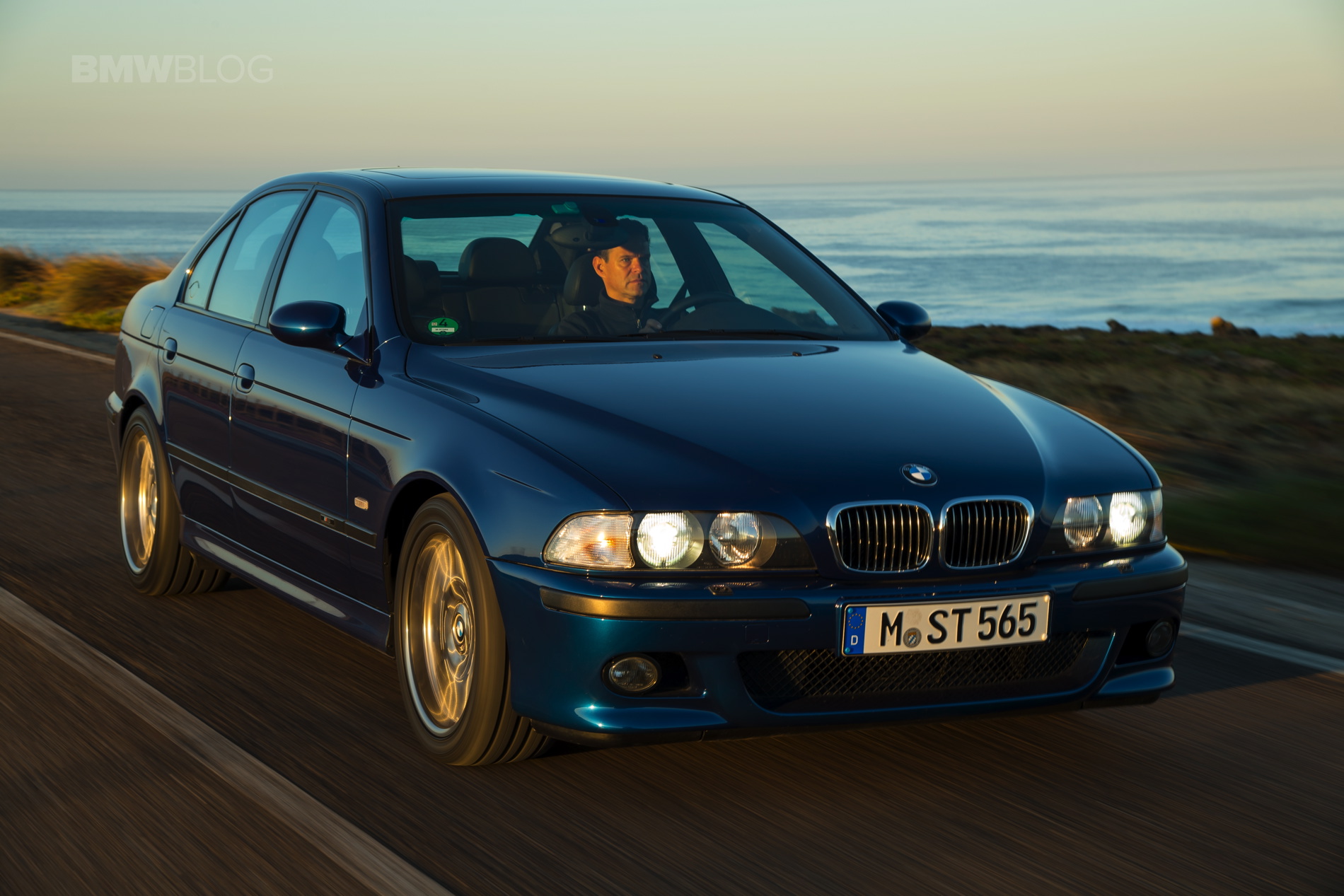
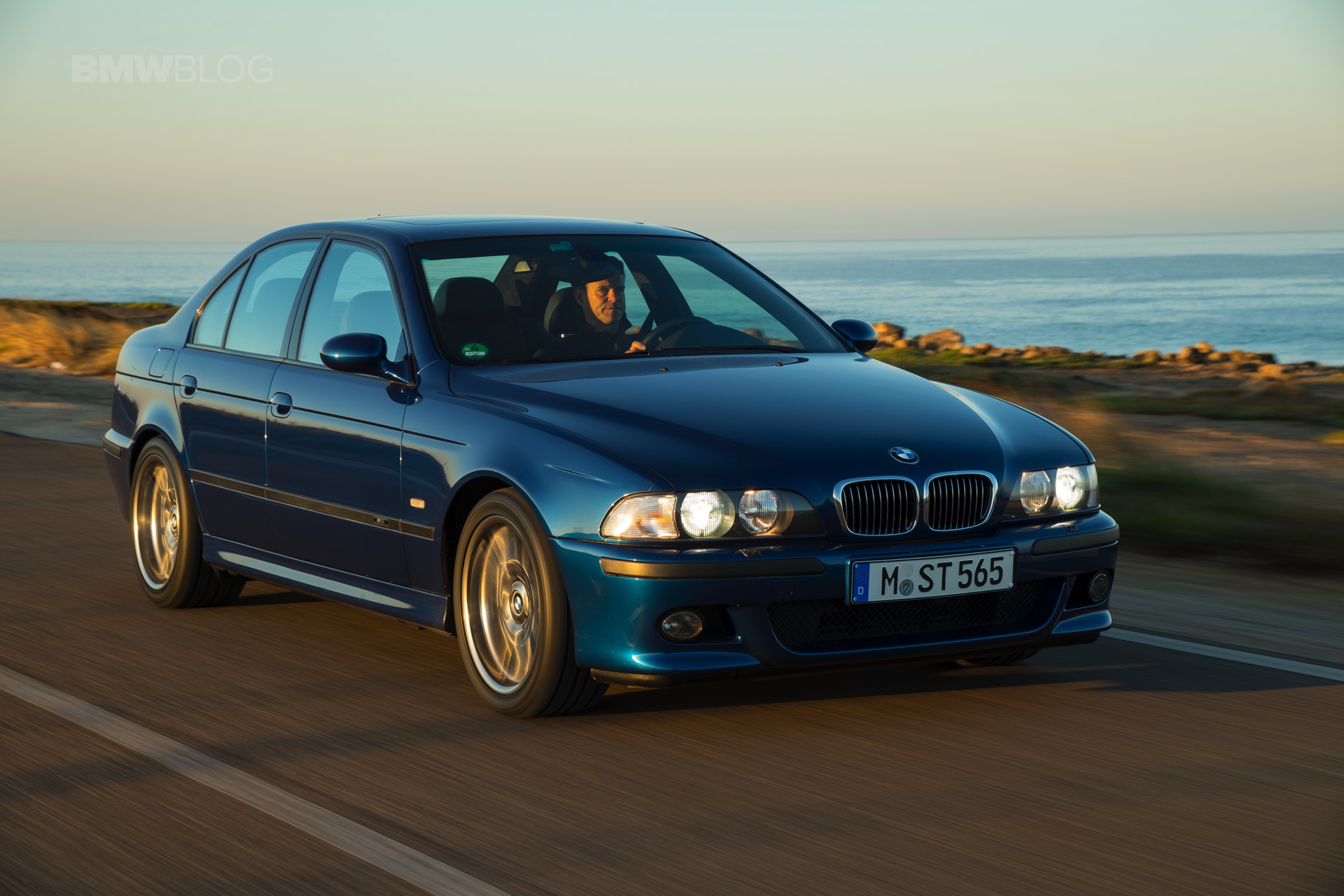
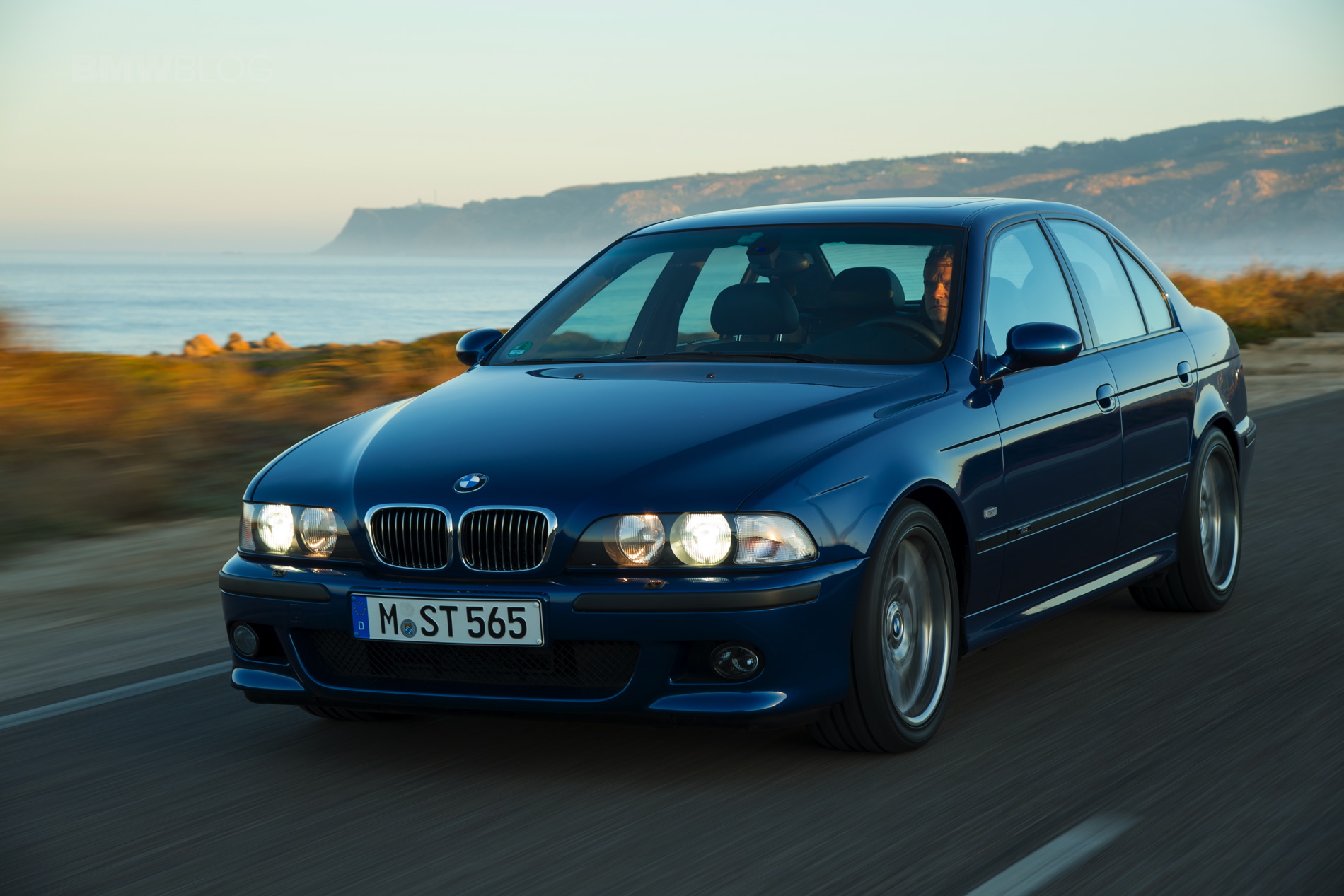

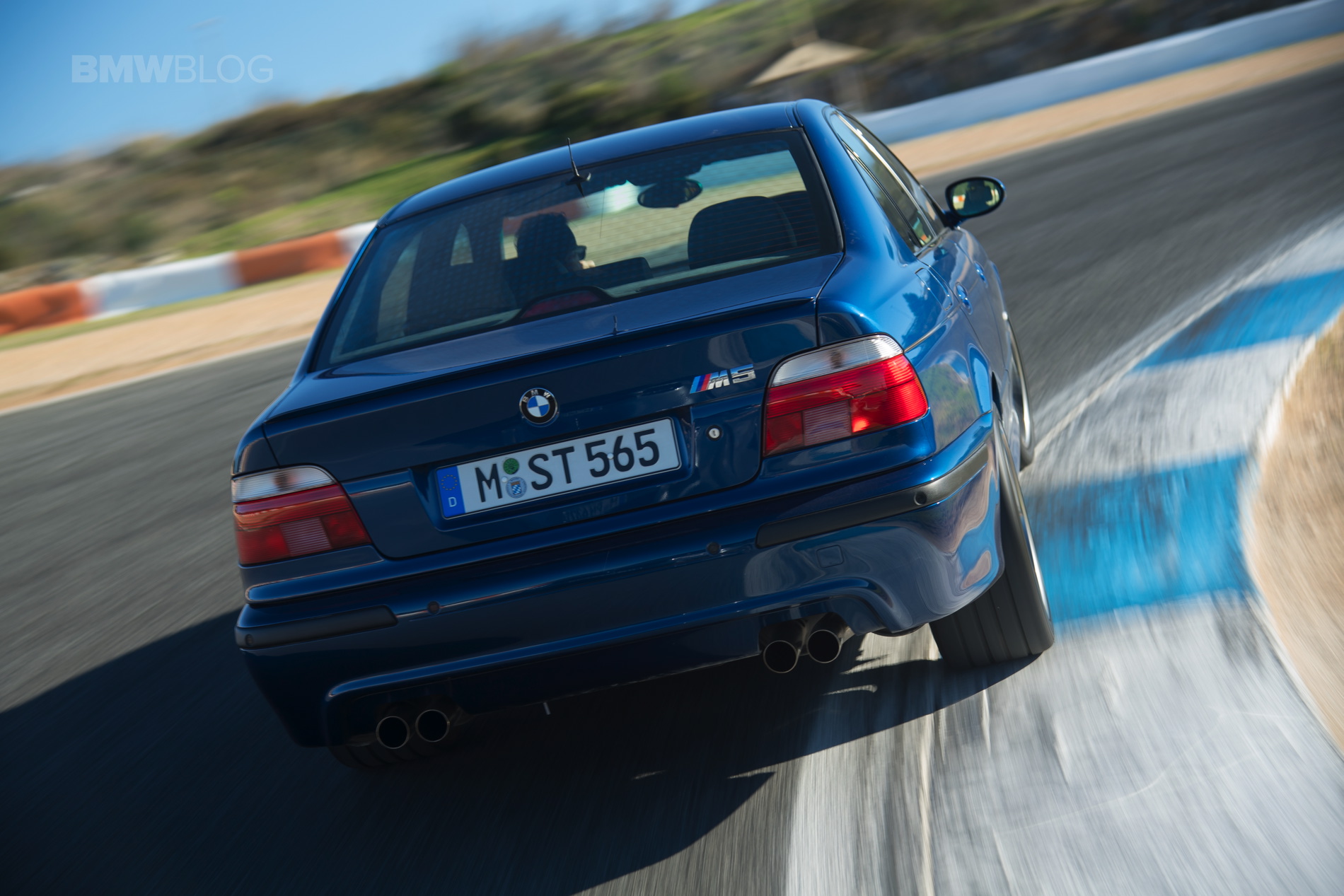
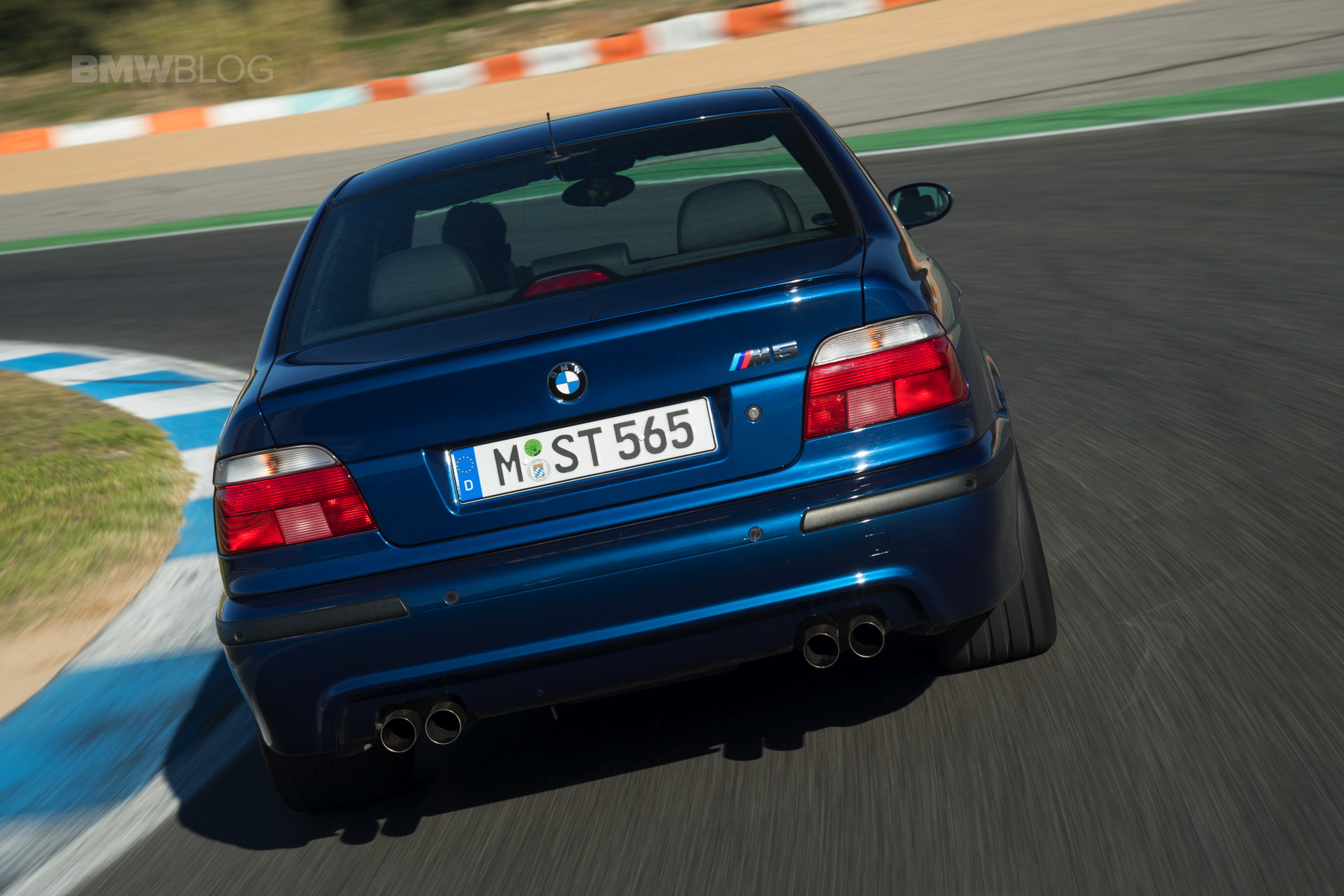
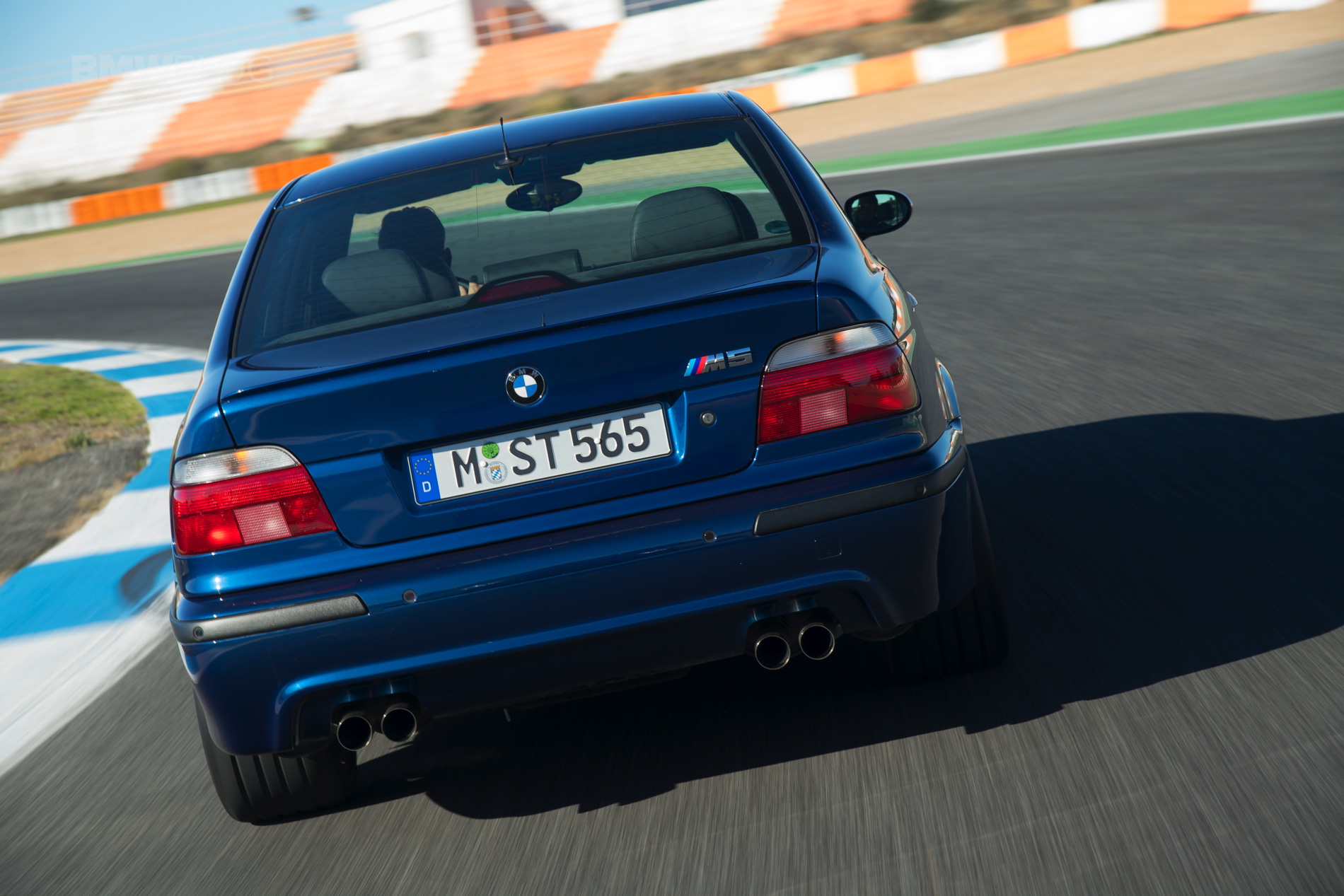
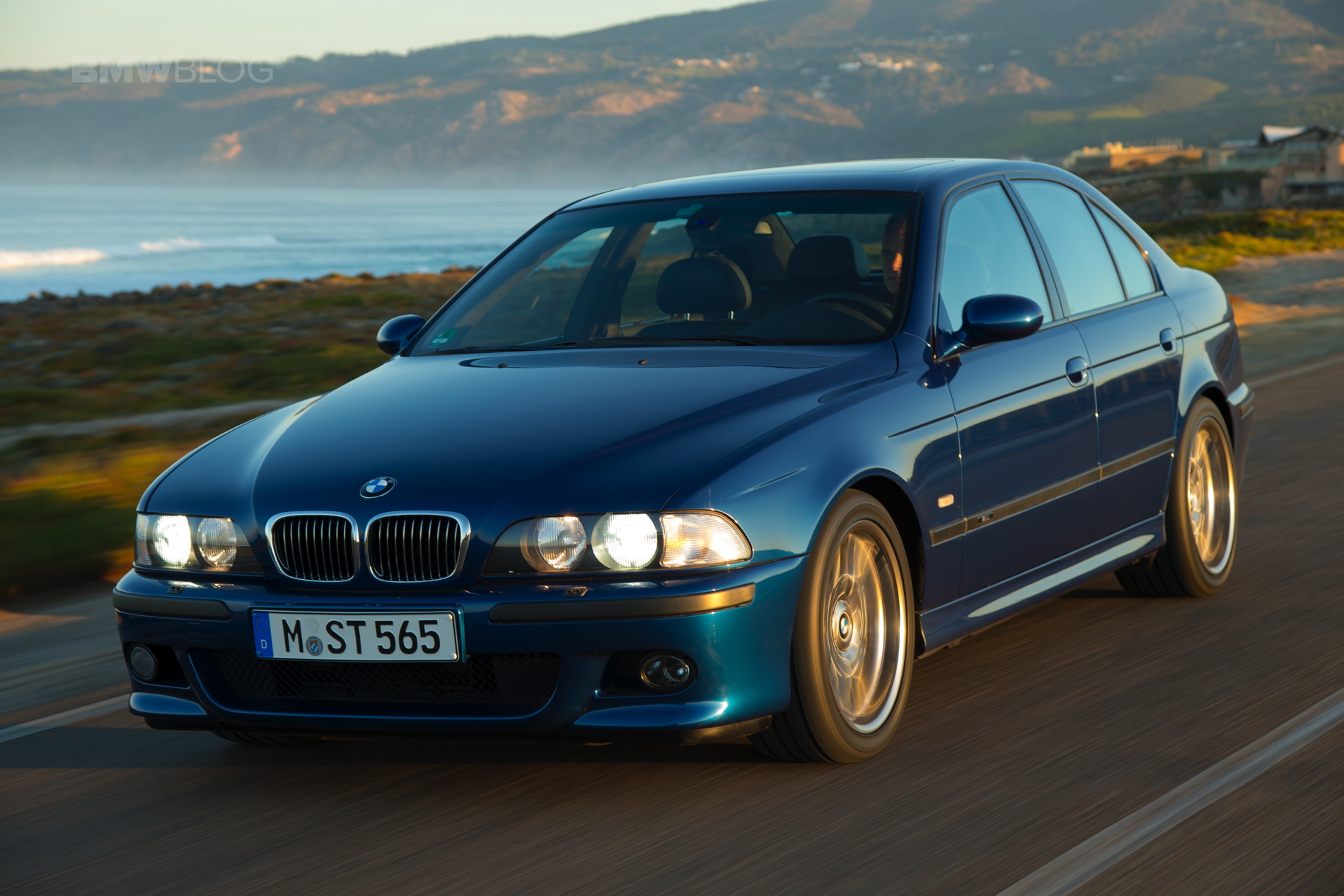
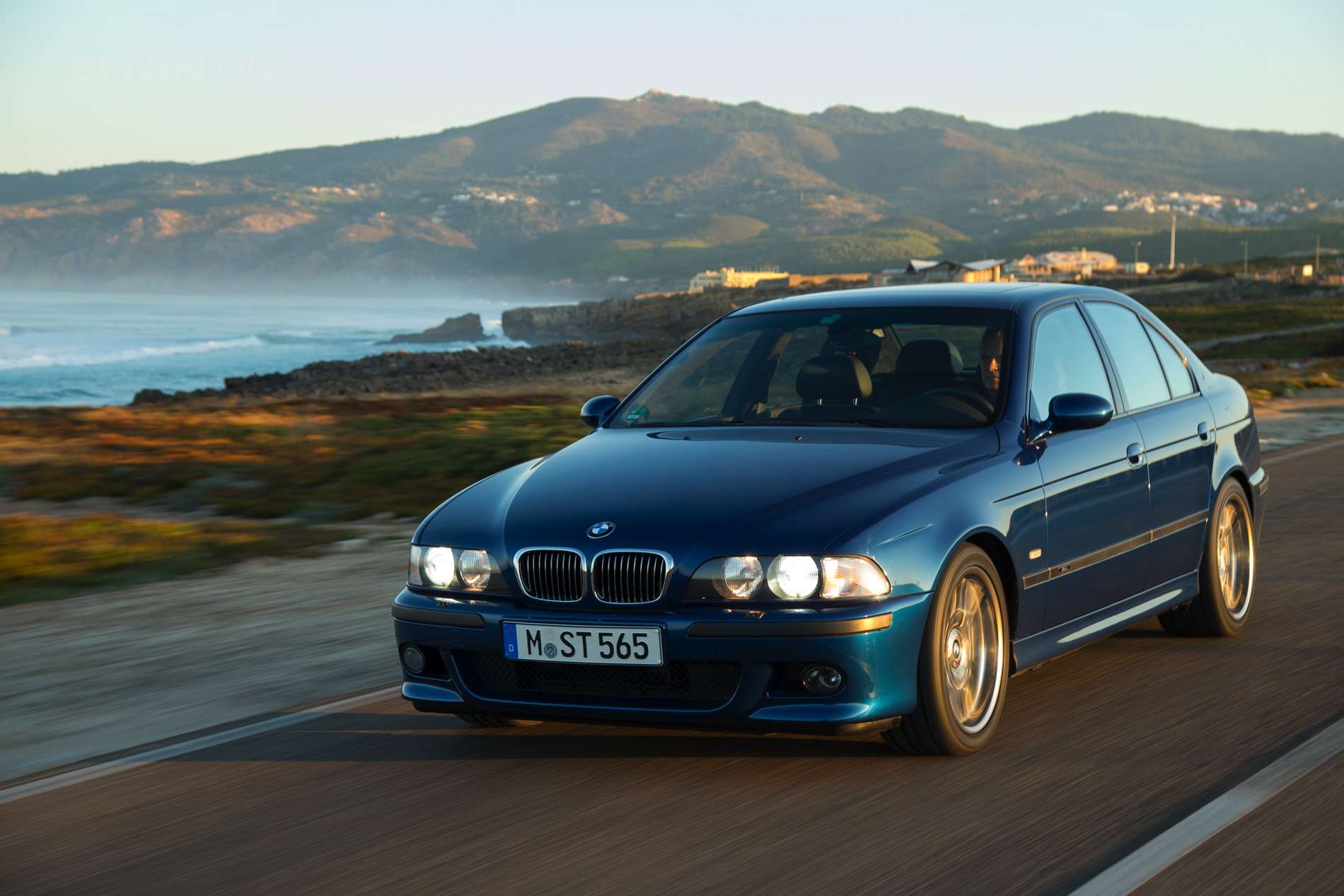
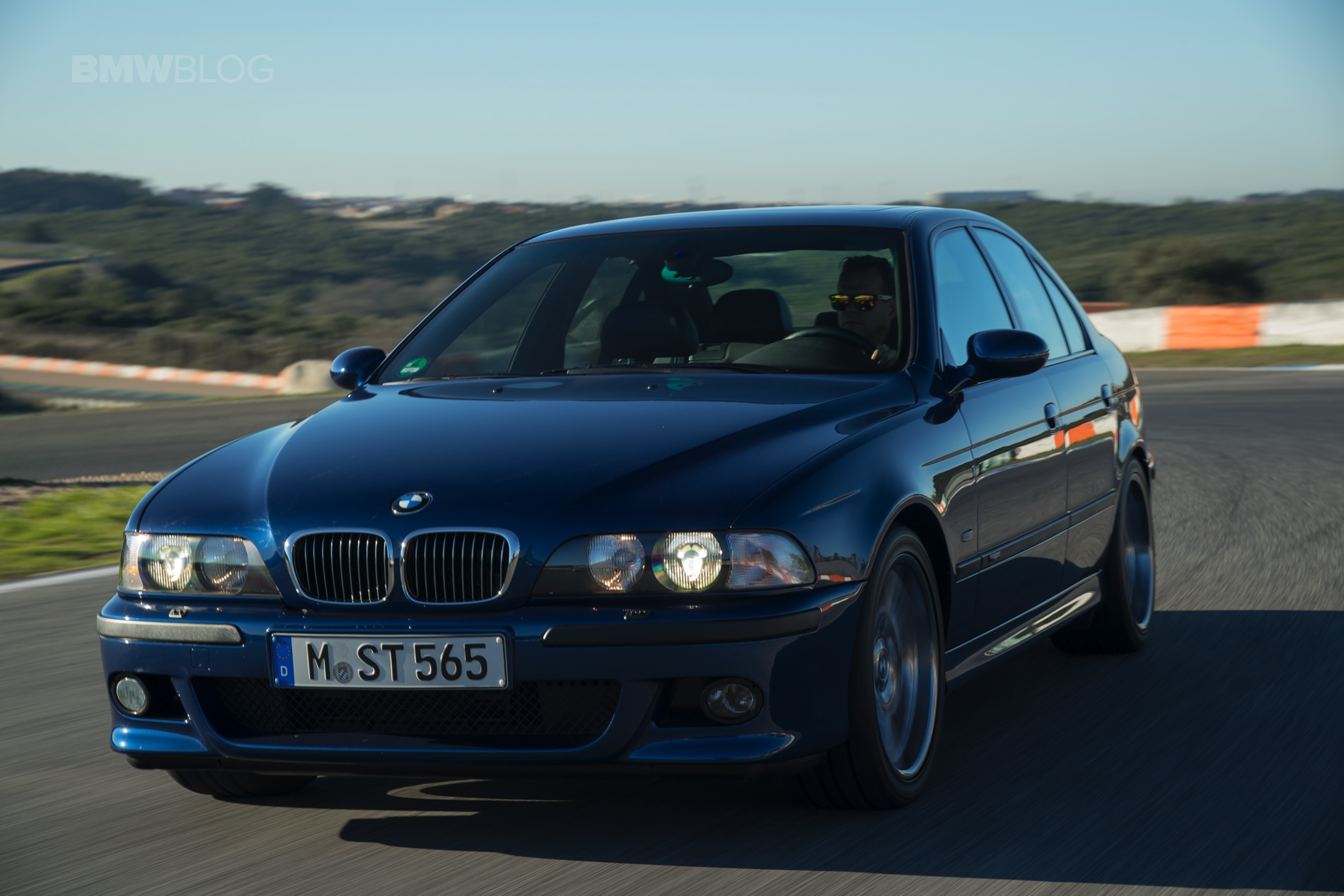
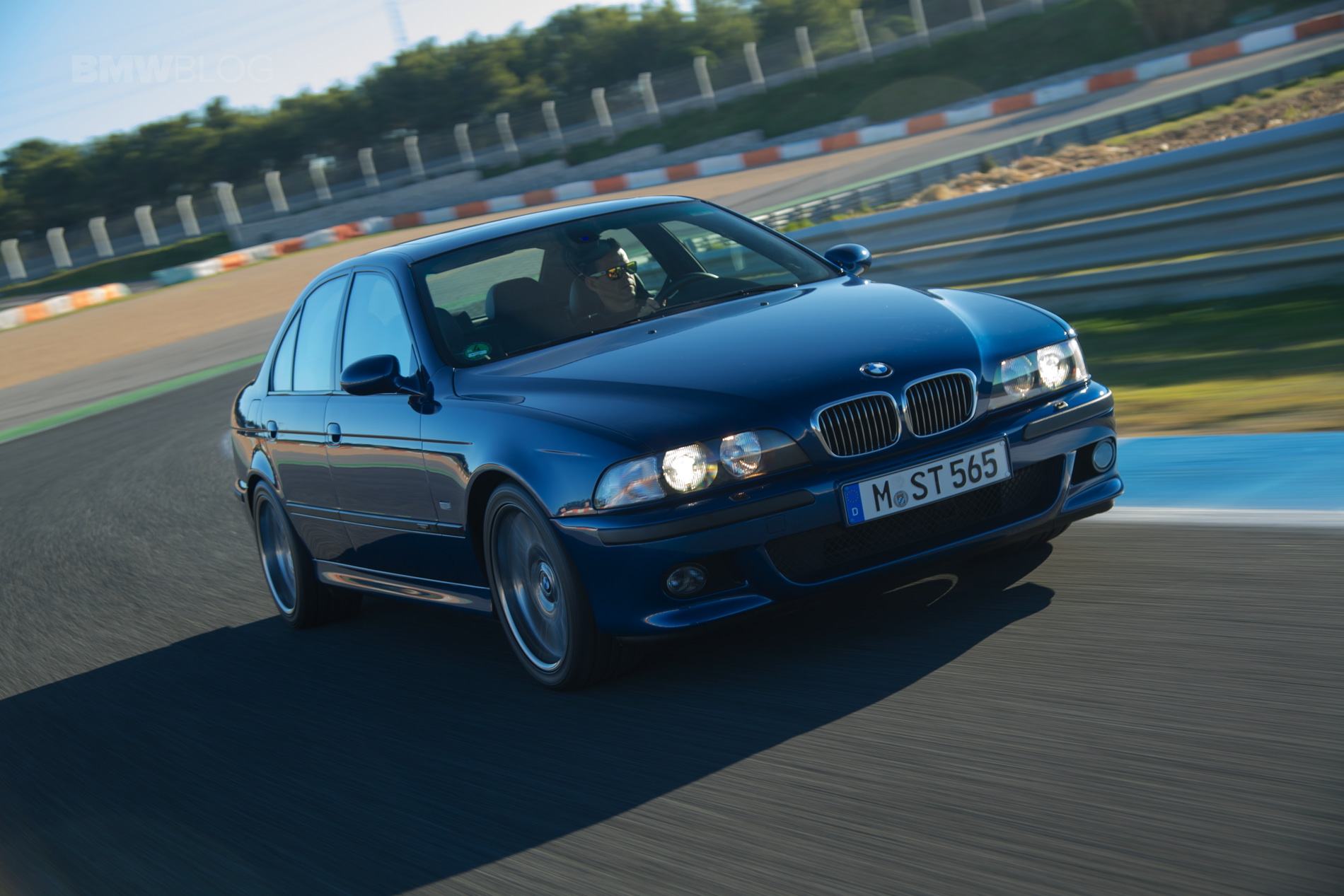
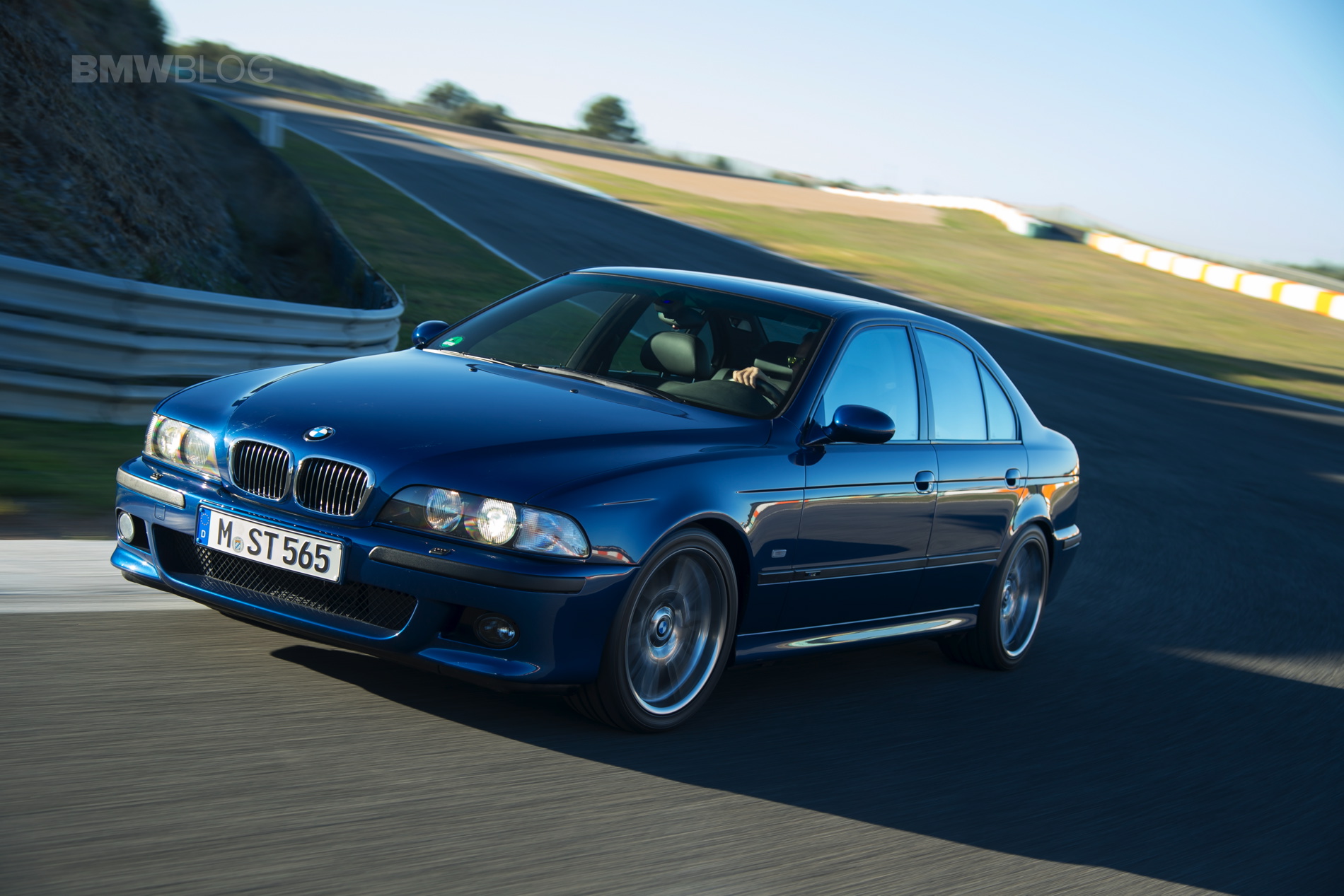
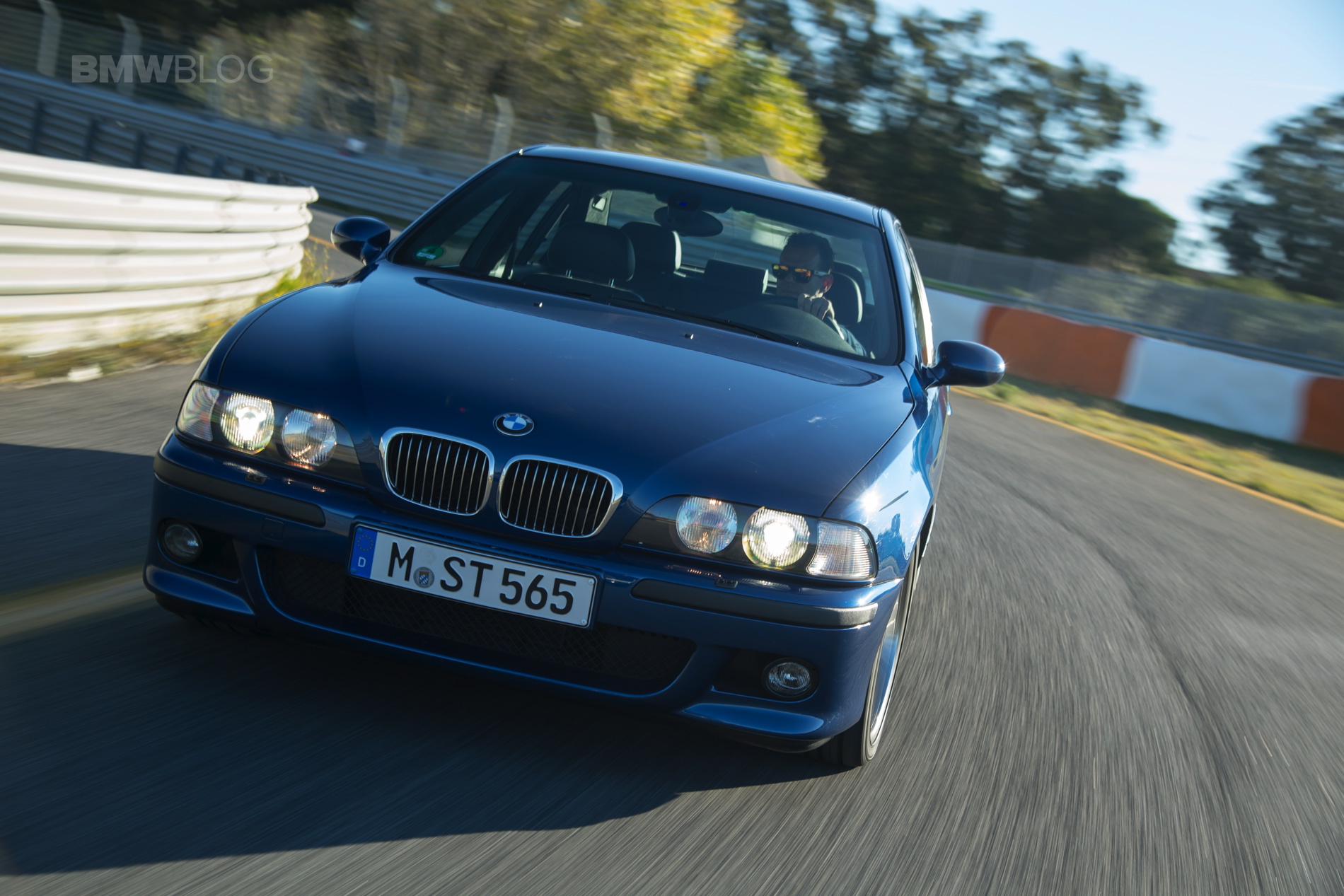
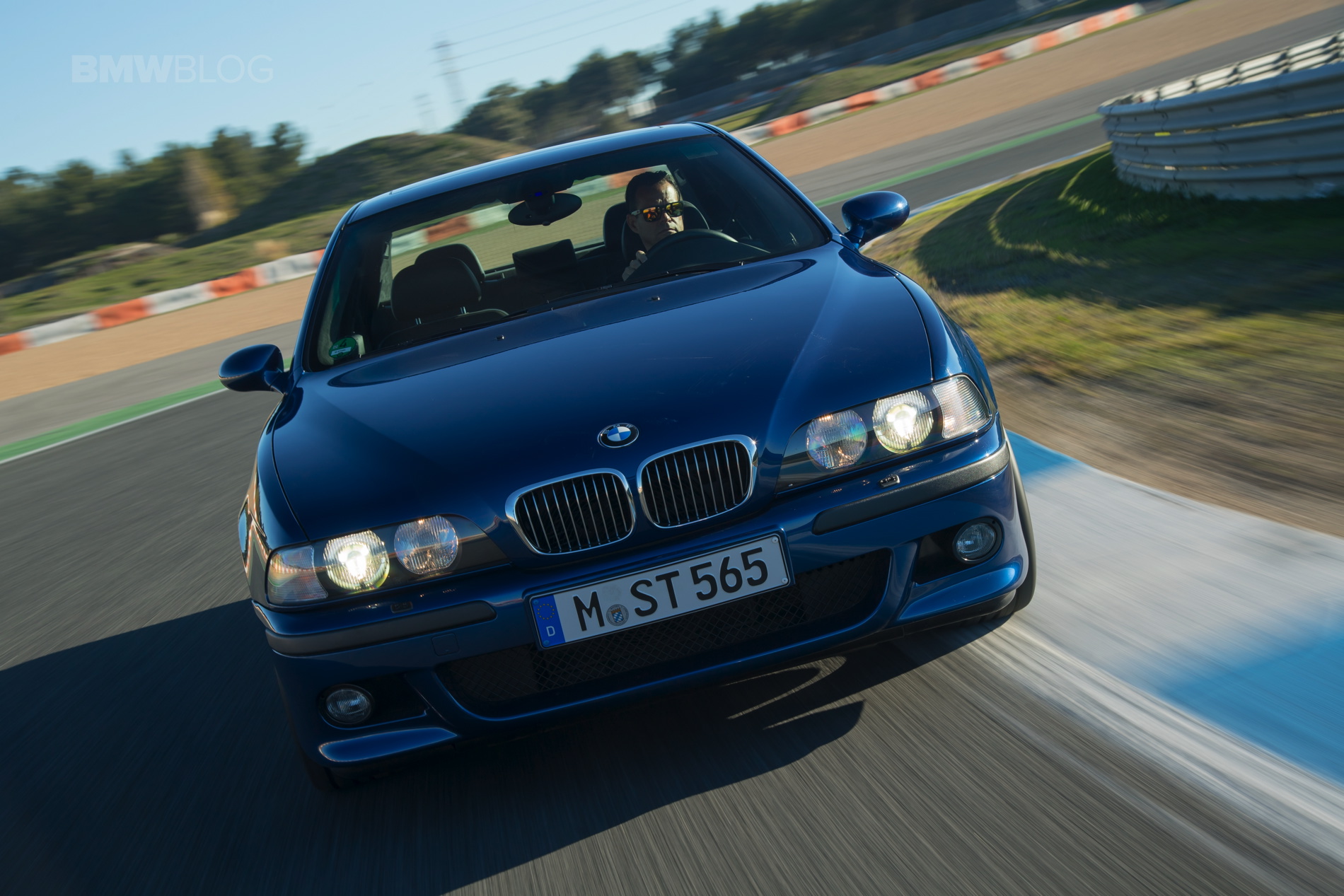
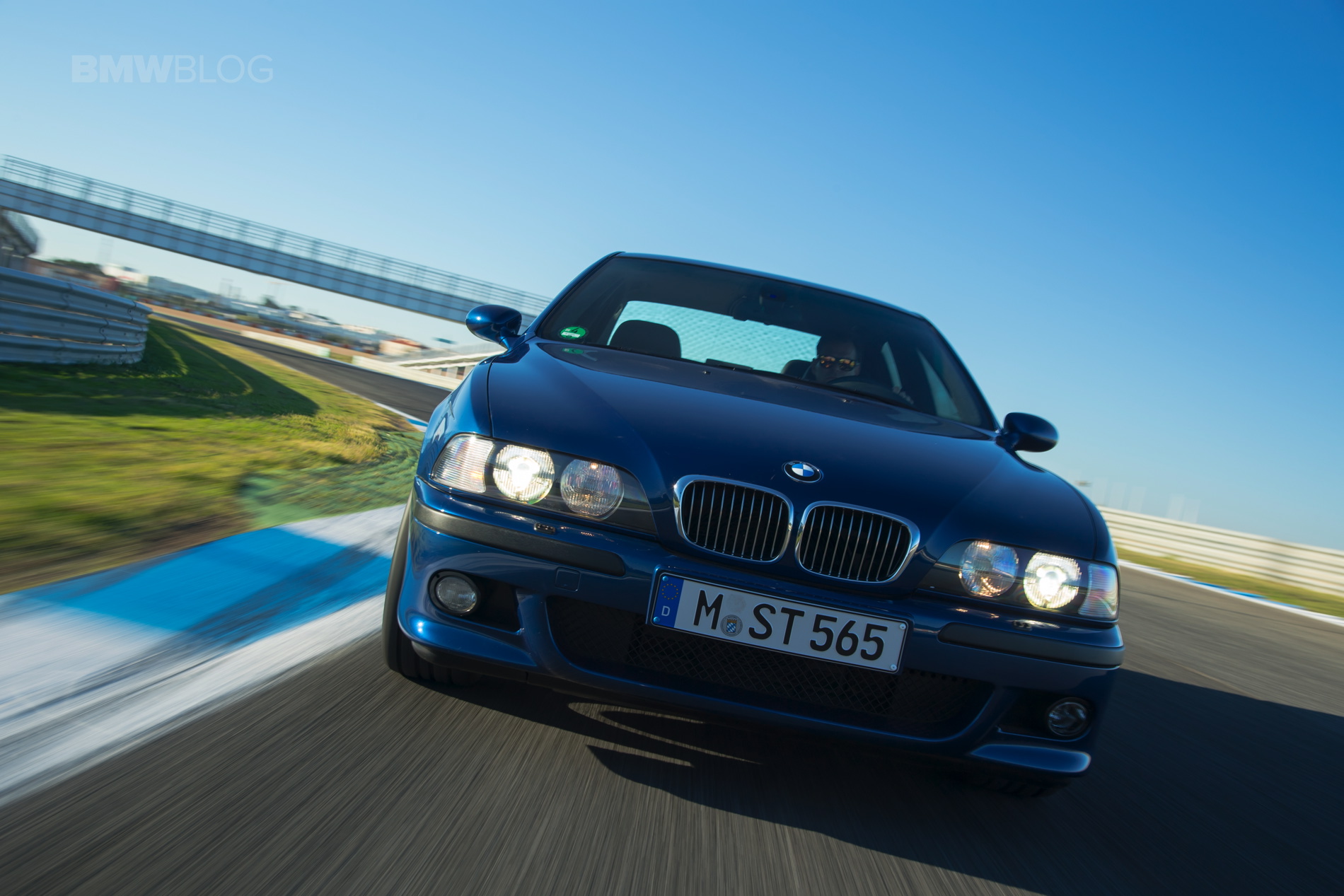

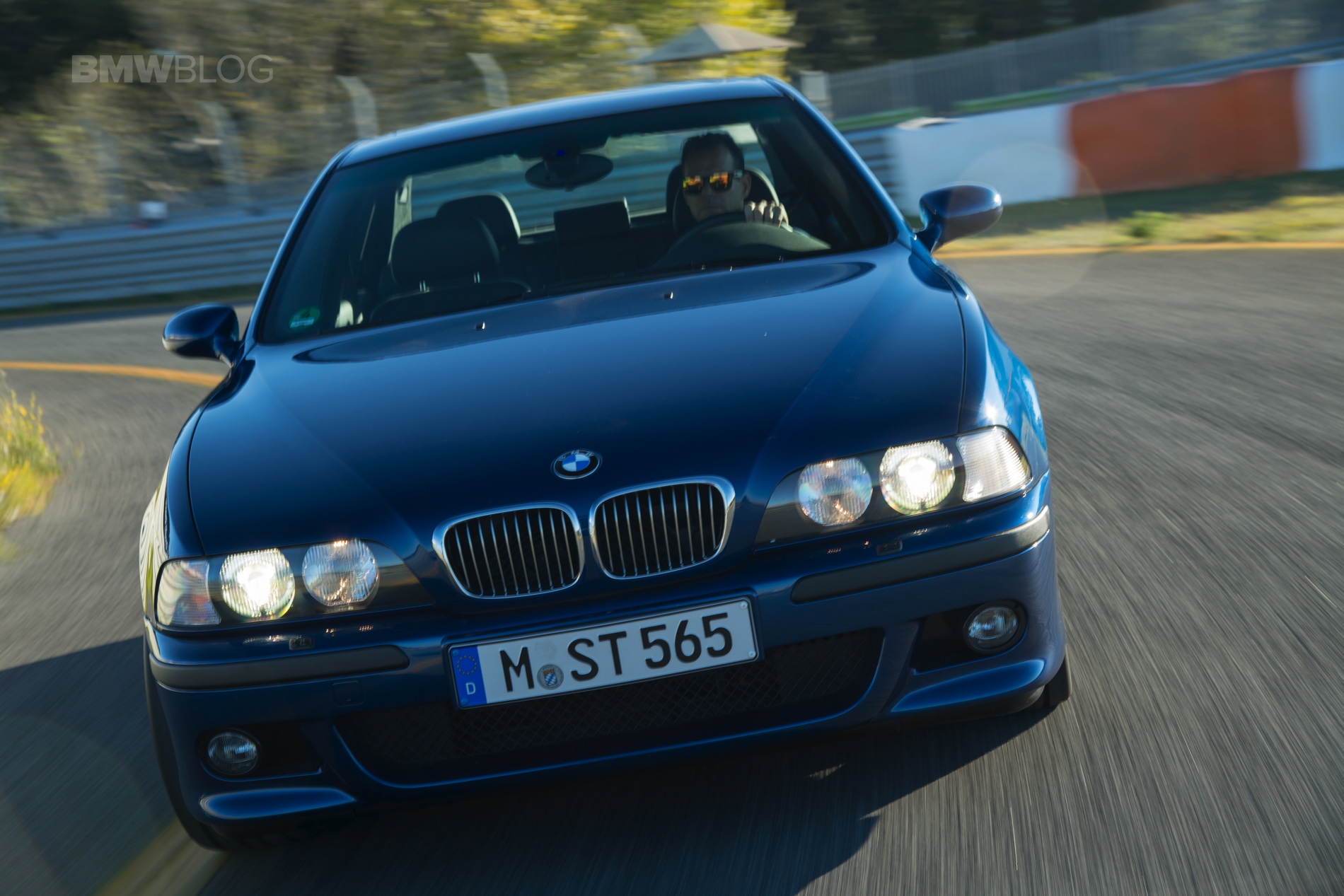
The article Buyer’s Guide: BMW E39 M5 appeared first on BMW BLOG